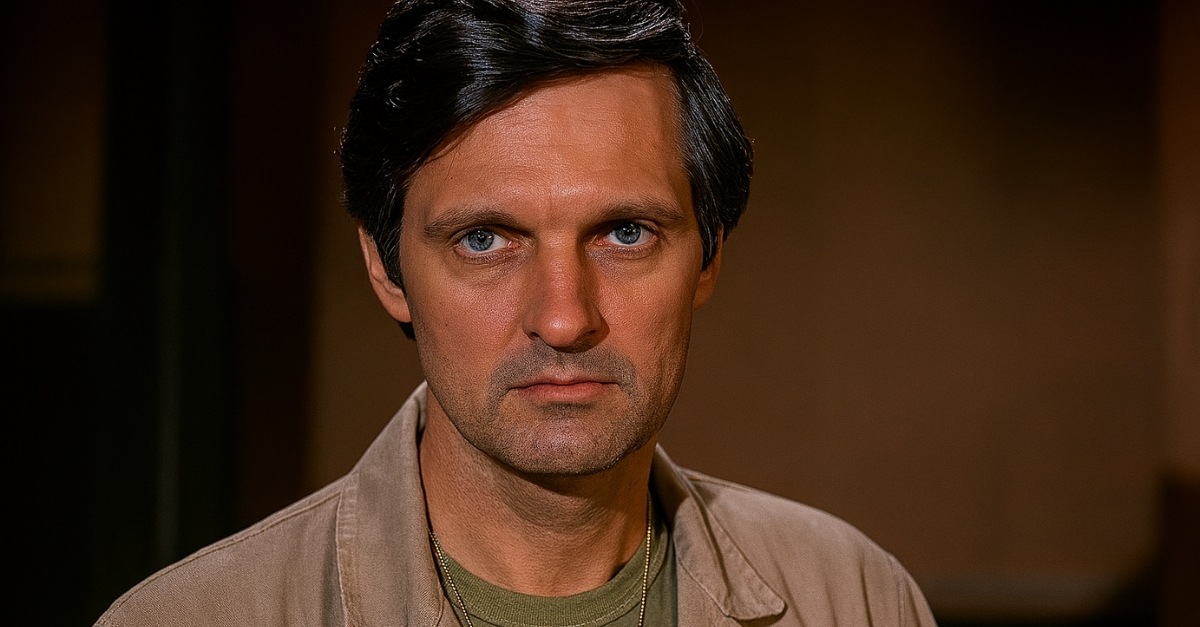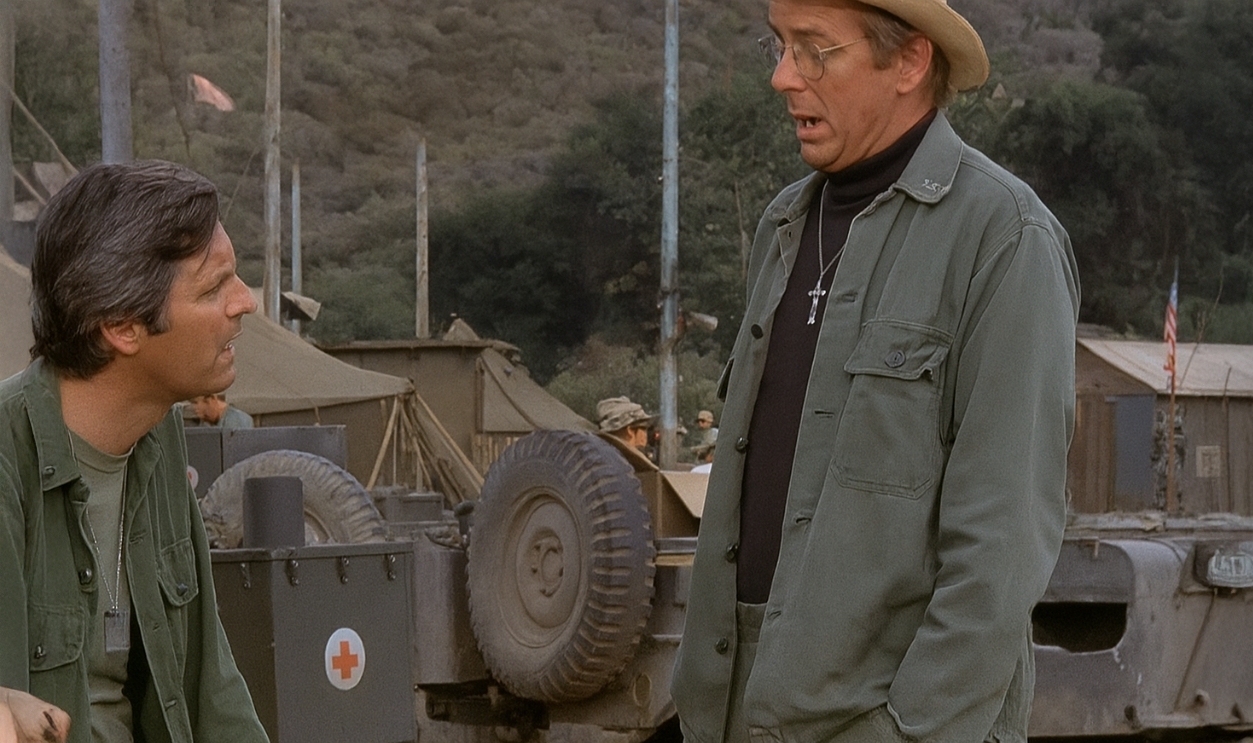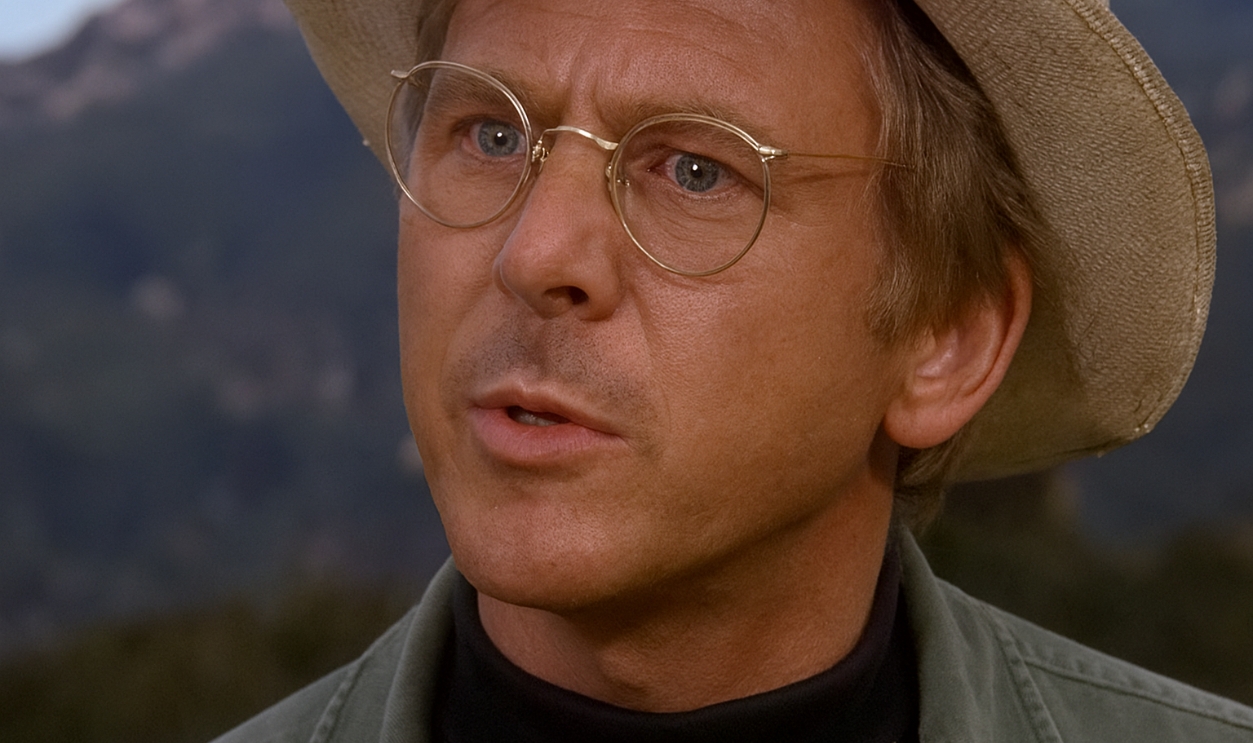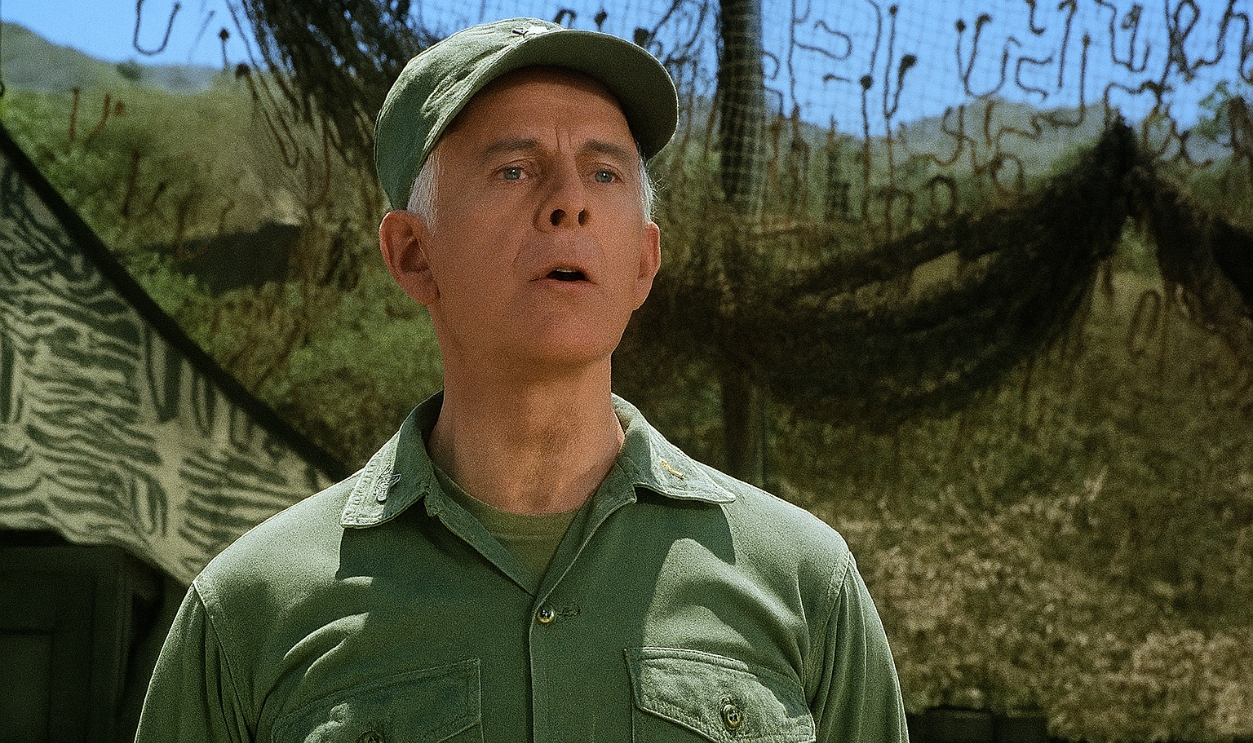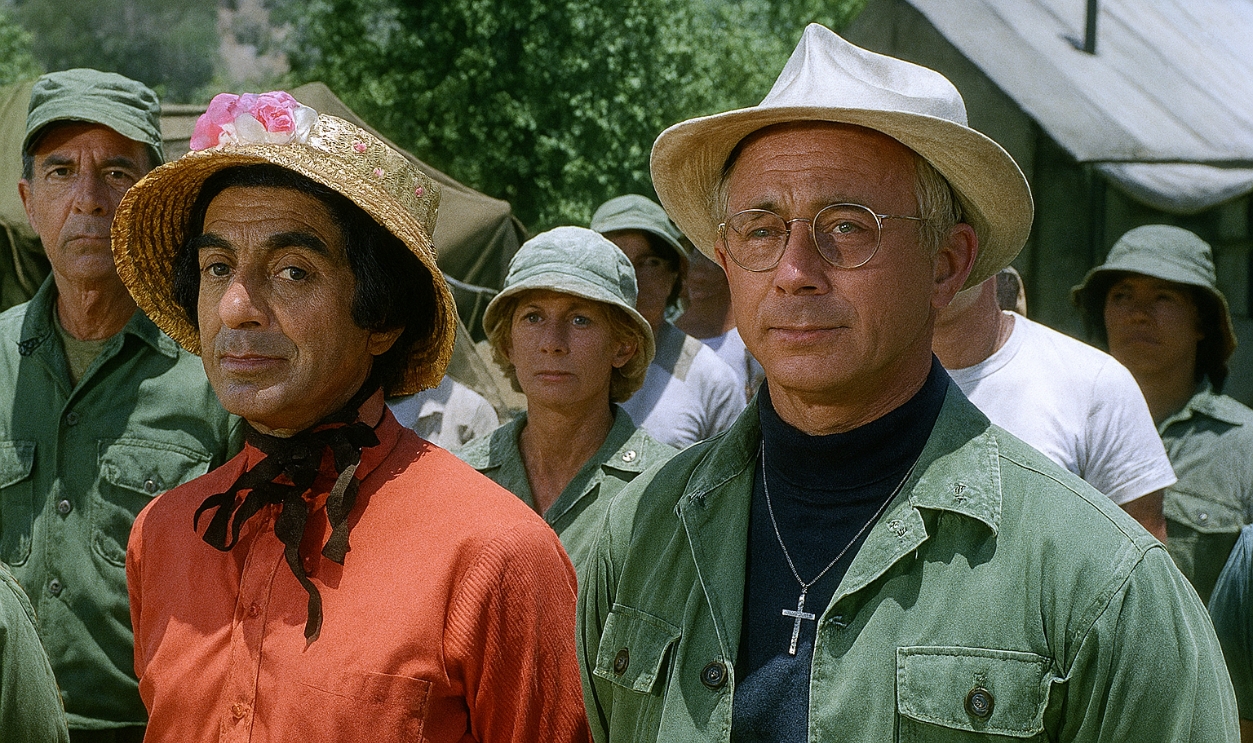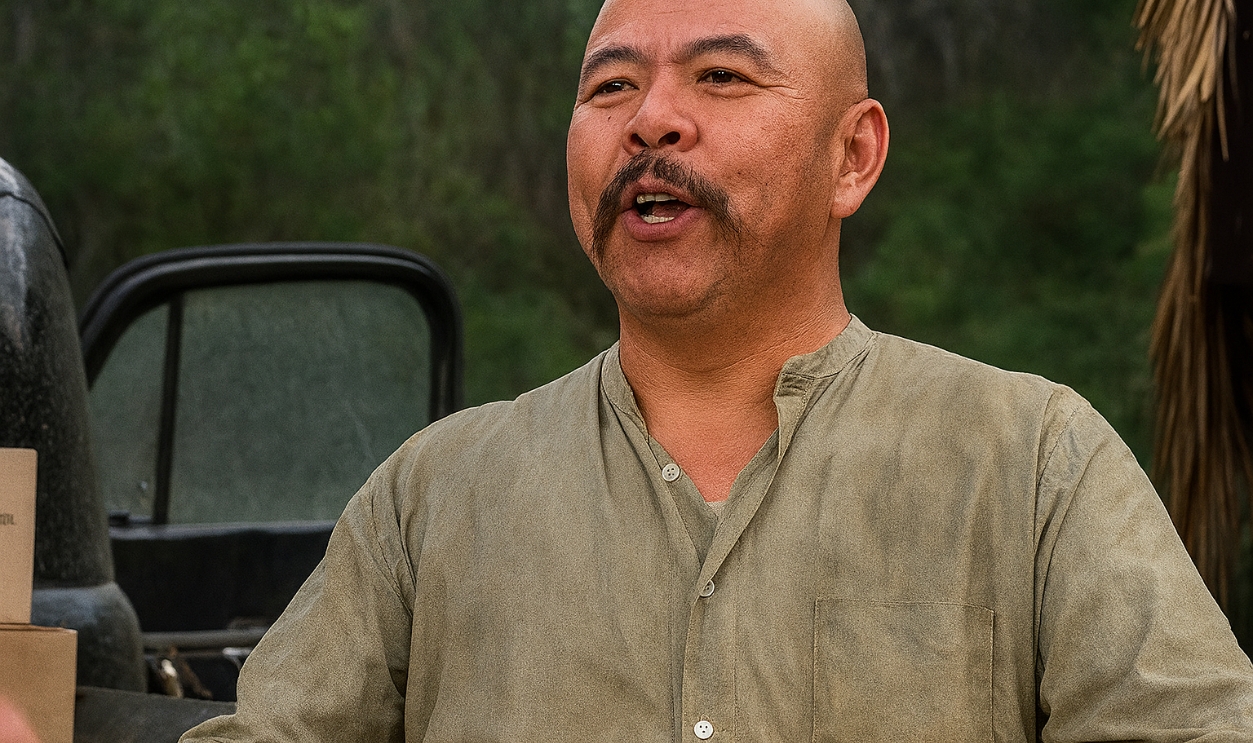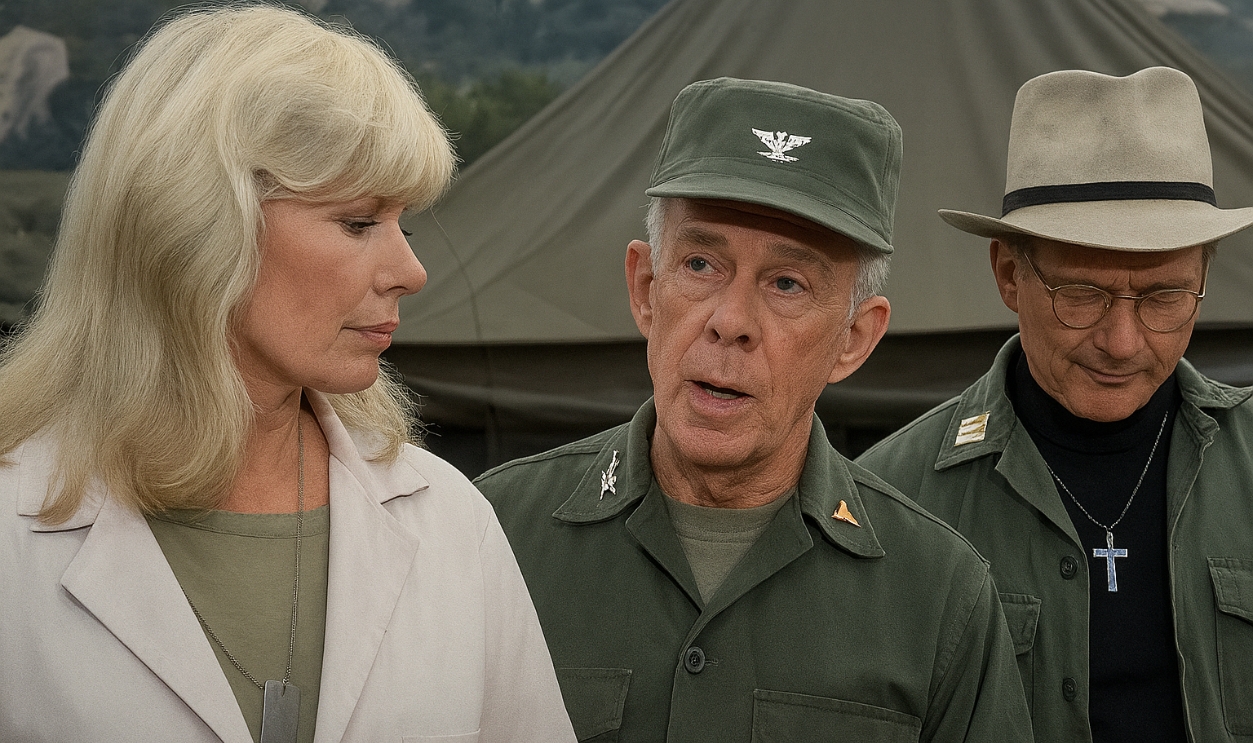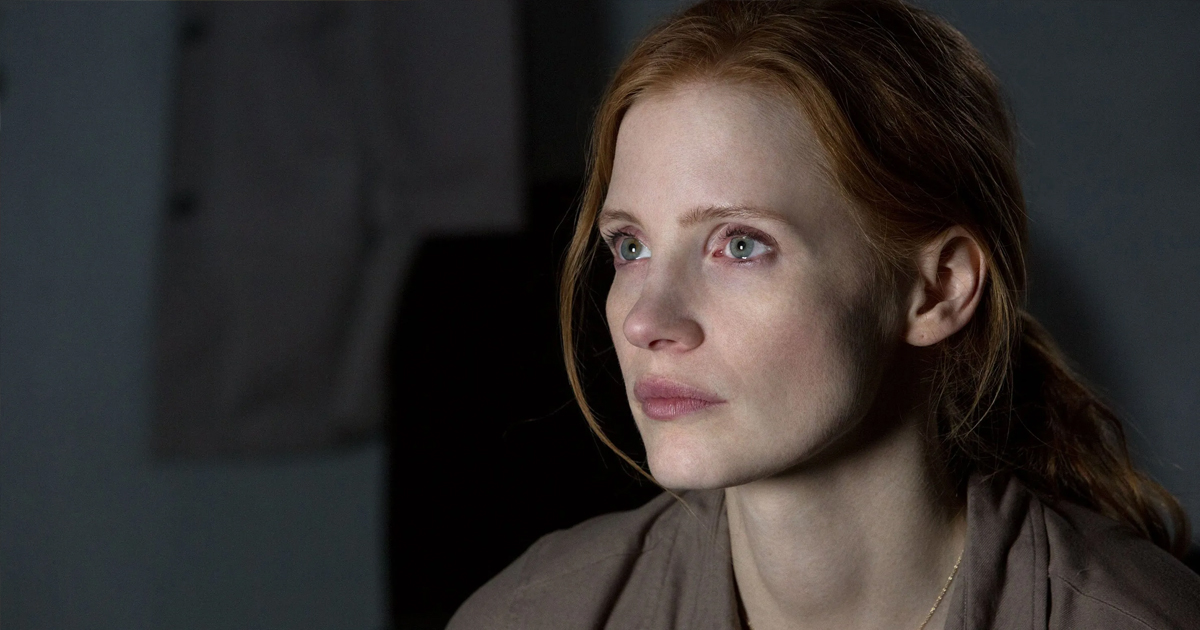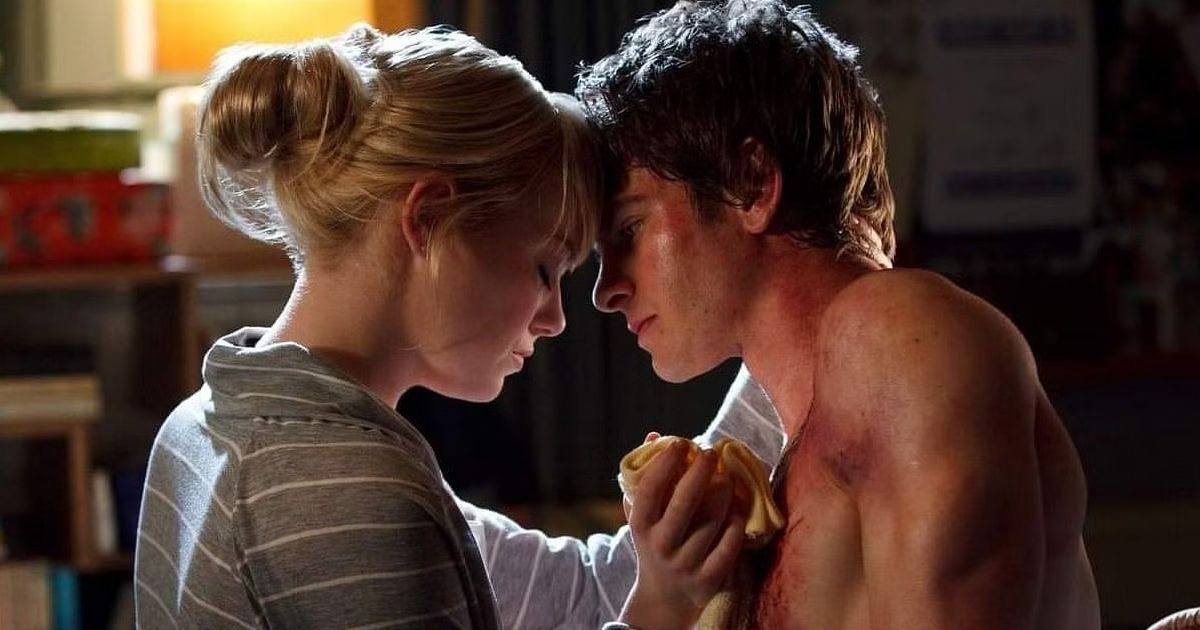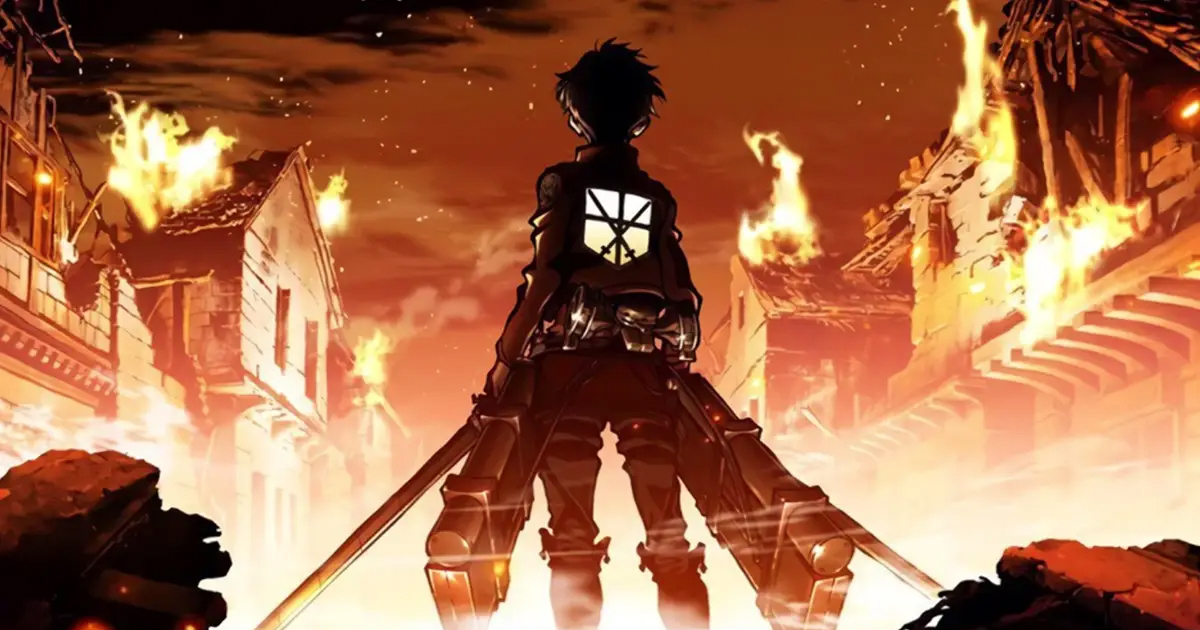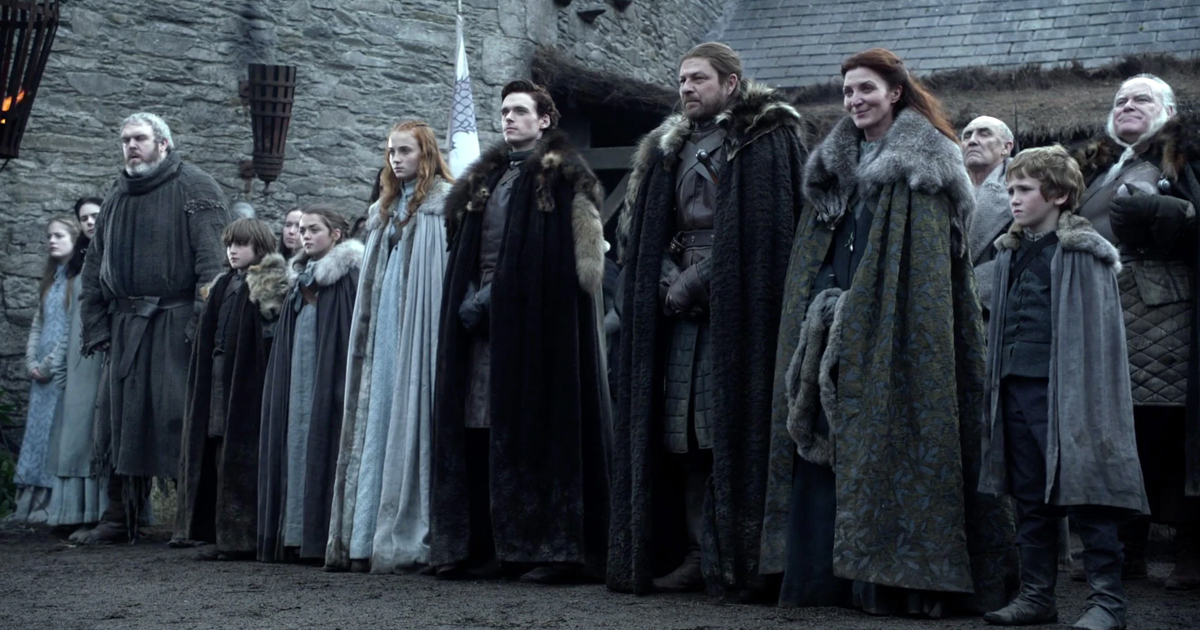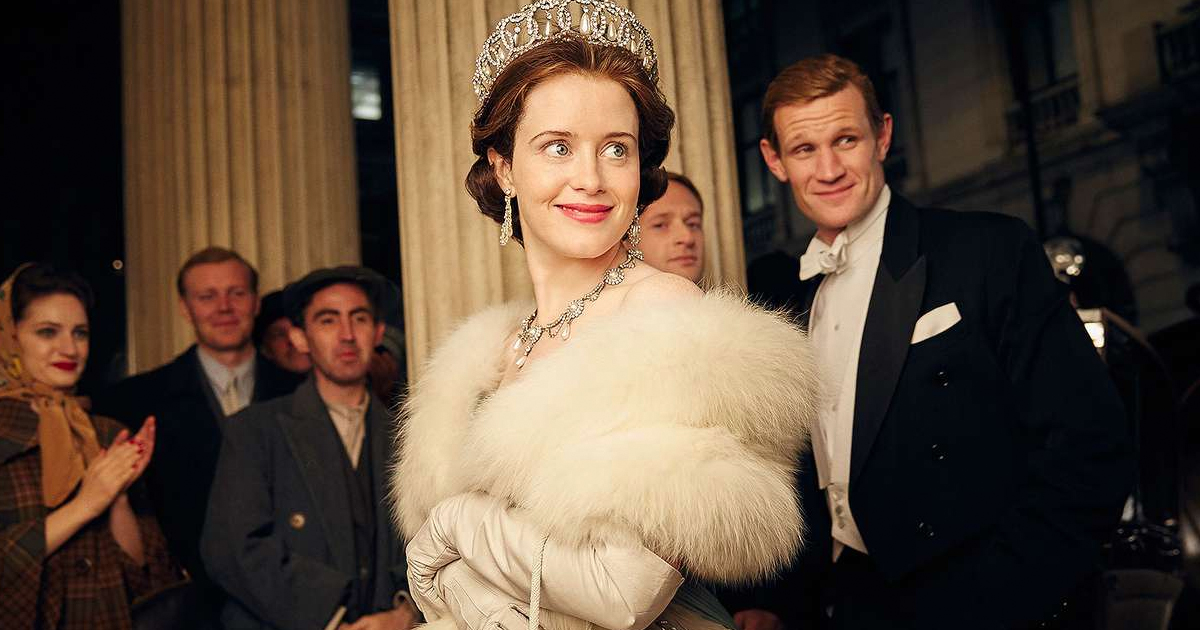Fan Favorites Forever
Not every episode tried to be unforgettable. Some just were. They snuck up on you, made you laugh, made you ache a little, and left you thinking about people who never really existed.
"Goodbye, Farewell And Amen"
Television history was made on February 28, 1983, when over 100 million Americans gathered around their screens for what would become the most-watched scripted finale ever broadcast. This 2.5-hour epic created a cultural moment, bringing the nation together in shared tears and laughter.
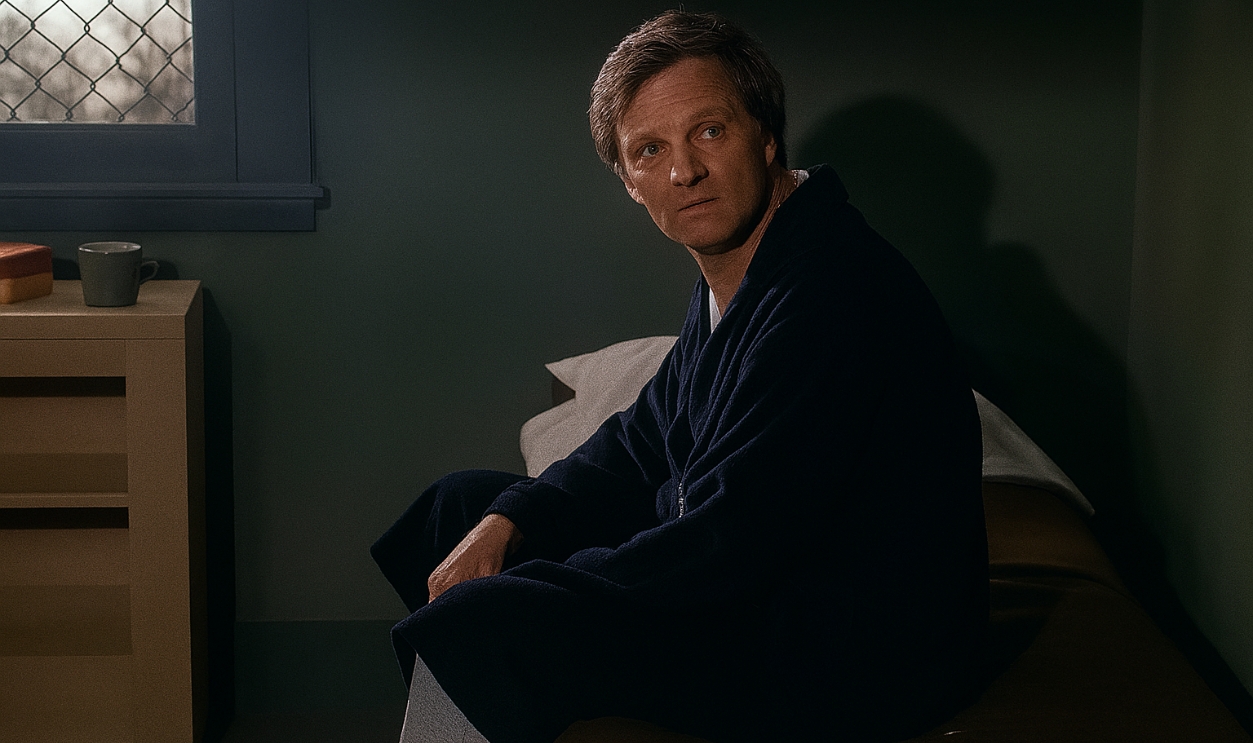 Saddest TV Moment: Goodbye, Farewell, and Amen by News
Saddest TV Moment: Goodbye, Farewell, and Amen by News
"Goodbye, Farewell And Amen" (Cont.)
The episode's genius lies in its unflinching portrayal of PTSD through Hawkeye's breakdown, decades before mainstream media regularly addressed mental health. Alan Alda's remarkable direction turned a simple goodbye into a profound meditation on trauma, friendship, and healing.
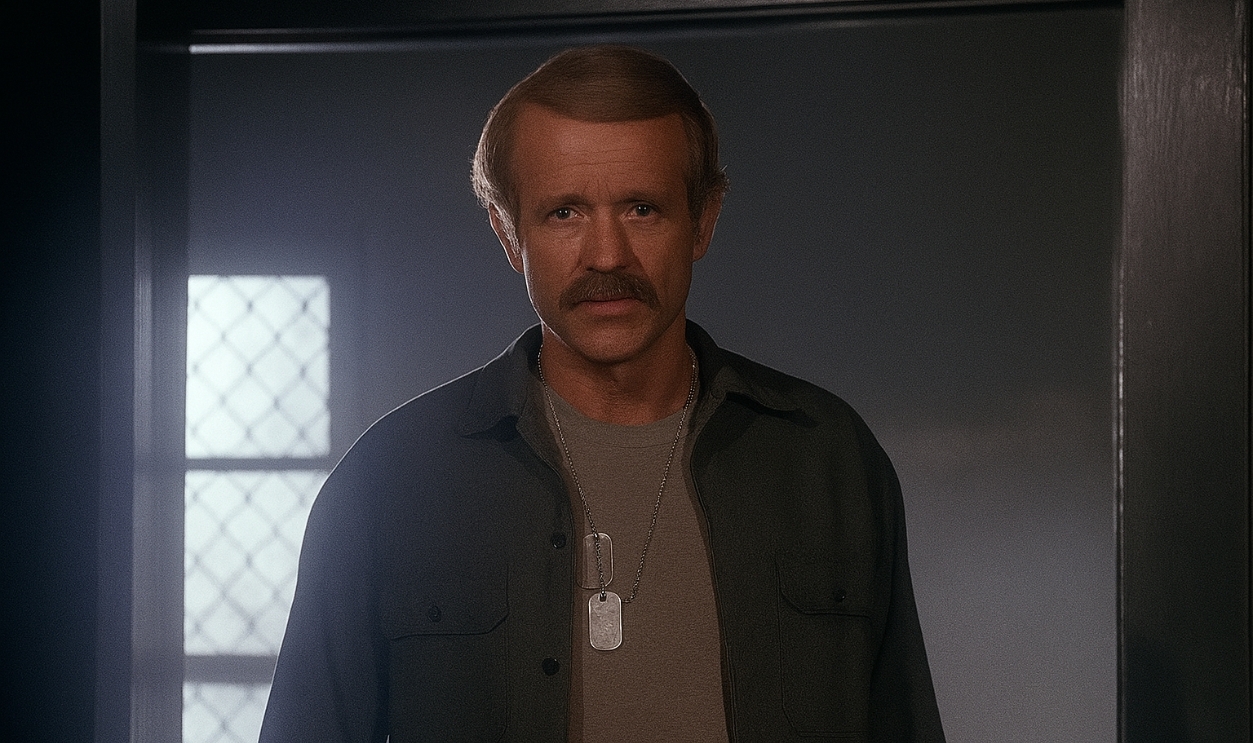 Saddest TV Moment: Goodbye, Farewell, and Amen by News
Saddest TV Moment: Goodbye, Farewell, and Amen by News
"Abyssinia, Henry"
The sound you hear is television breaking its own rules. Never before had a sitcom killed off a beloved main character, but M*A*S*H shattered that boundary with the shocking death of Colonel Henry Blake. The cast wasn't told about Henry's fate until moments before filming.
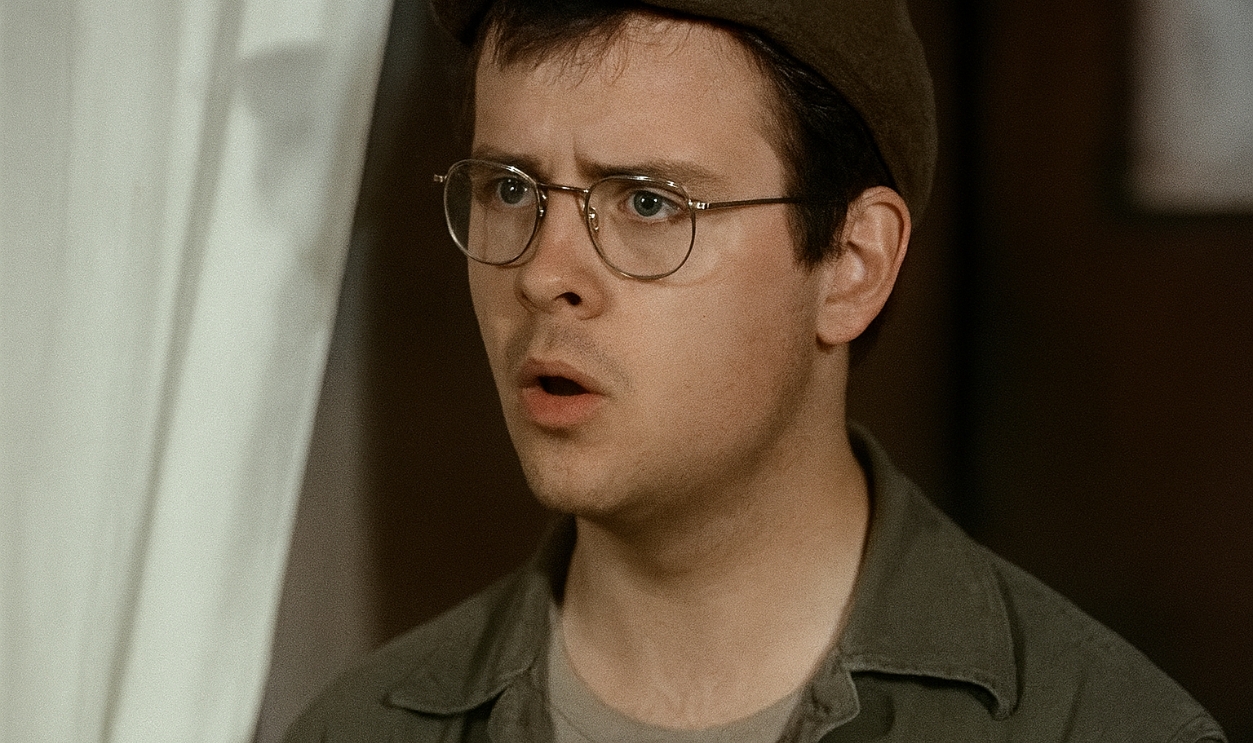 TV Tearjerkers #2: M*A*S*H's Abyssinia, Henry by MarkRiddles
TV Tearjerkers #2: M*A*S*H's Abyssinia, Henry by MarkRiddles
"Abyssinia, Henry" (Cont.)
McLean Stevenson's departure crafted a storytelling opportunity that writers Larry Gelbart and Gene Reynolds seized with both hands. They wrote an ending so controversial that CBS initially cut it from reruns, and over 1,000 letters poured in from viewers, some of whom were outraged.
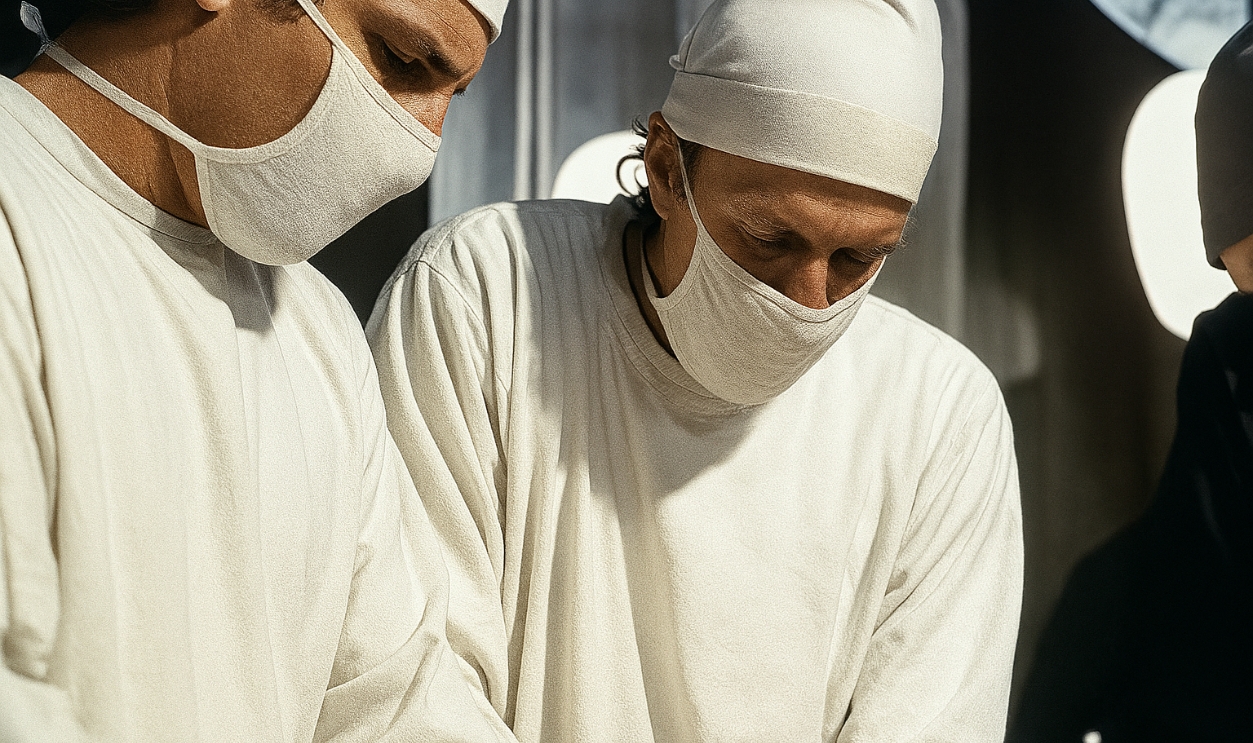 TV Tearjerkers #2: M*A*S*H's Abyssinia, Henry by MarkRiddles
TV Tearjerkers #2: M*A*S*H's Abyssinia, Henry by MarkRiddles
"Sometimes You Hear The Bullet"
When childhood friend Tommy visits Hawkeye while composing his combat book, You Never Hear the Bullet, the segment initially promises lighthearted reunion comedy. Instead, it delivers one of the most devastating gut punches as Tommy becomes a casualty himself, dying in Hawkeye's arms.
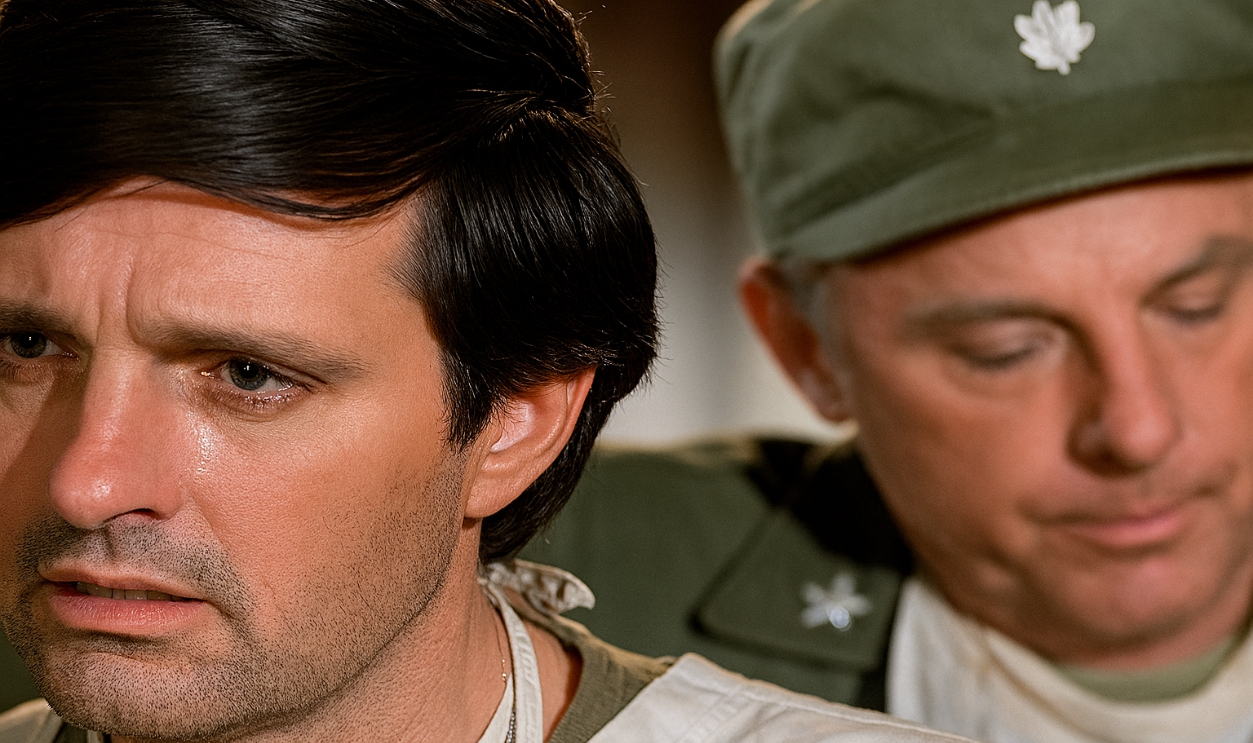 Mash- Sometimes You Hear the Bullet by Alexis Ray
Mash- Sometimes You Hear the Bullet by Alexis Ray
"Sometimes You Hear The Bullet" (Cont.)
This very scene contradicts his own novel's premise. Tommy does hear the bullet that kills him, destroying his theory while proving war's unpredictable brutality. Callahan's performance as the doomed writer, combined with Ron Howard's appearance as an underage Marine, is unforgettable.
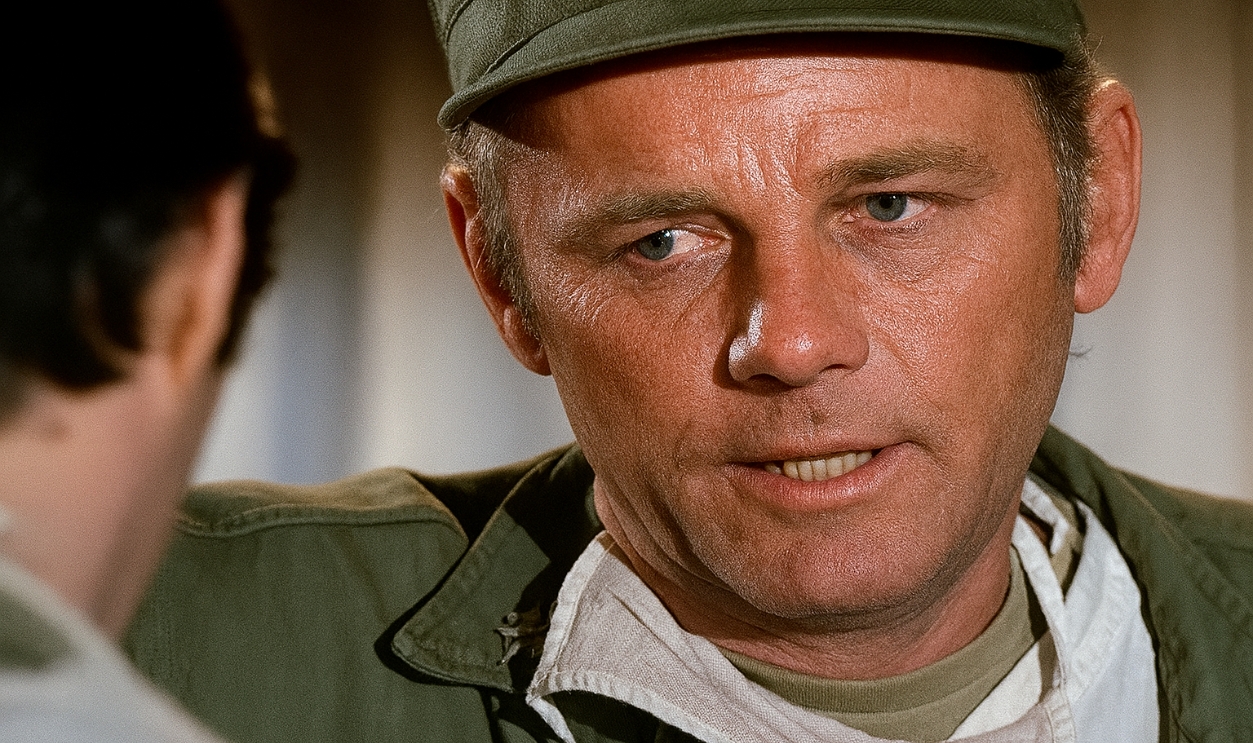 Mash- Sometimes You Hear the Bullet by Alexis Ray
Mash- Sometimes You Hear the Bullet by Alexis Ray
"Deal Me Out"
Each interruption—Radar's con artist encounter, Frank's protocol obsession, Ritter's traumatized private—reveals different facets of war's psychological toll. Morita's Captain Pak and Arbus's Sidney Freedman anchor this masterclass in ensemble storytelling, where a usual poker game is the foundation for multiple intersecting crises.
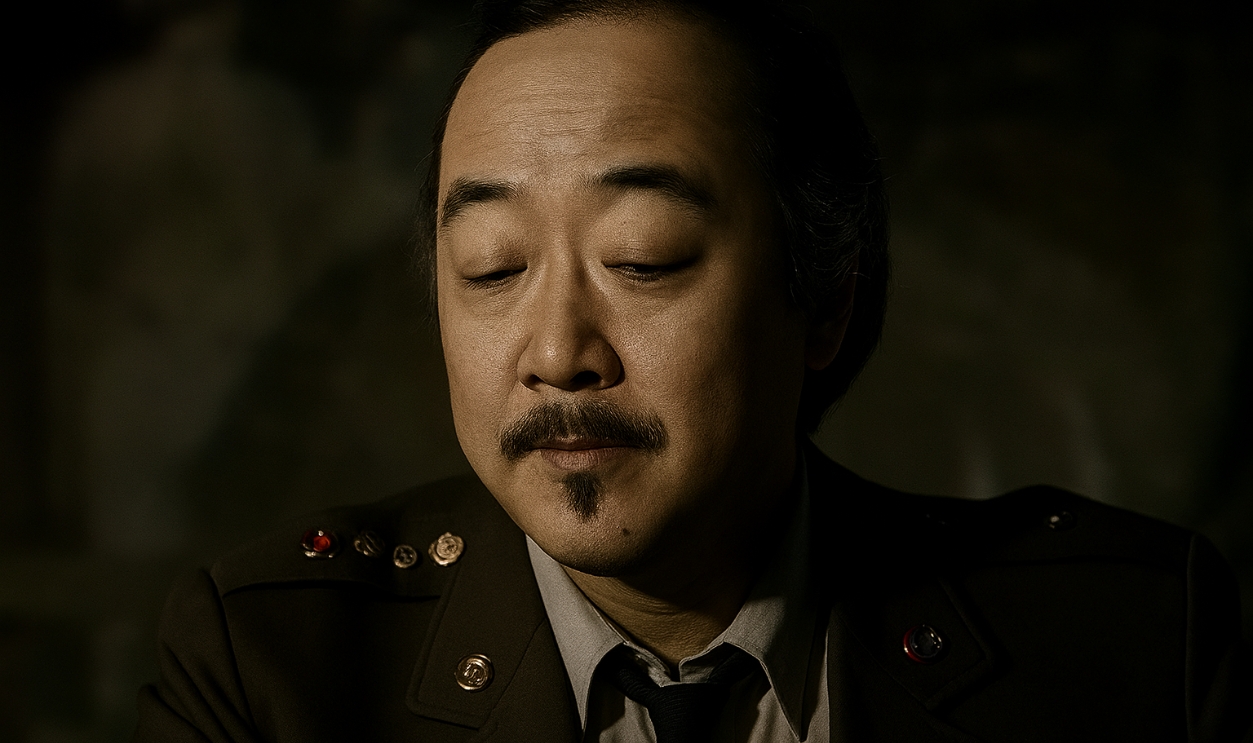 MASH - Deal Me Out miniclip in 3D by DJ'S Gaming & Entertainment
MASH - Deal Me Out miniclip in 3D by DJ'S Gaming & Entertainment
"Deal Me Out" (Cont.)
Routine activities get shattered by sudden emergencies requiring moral choices. Edward Winter makes his first MAS*H appearance here as Captain Halloran, though he'd later become the unhinged Colonel Flagg. The poker metaphor works perfectly: everyone's gambling with lives, sanity, and survival.
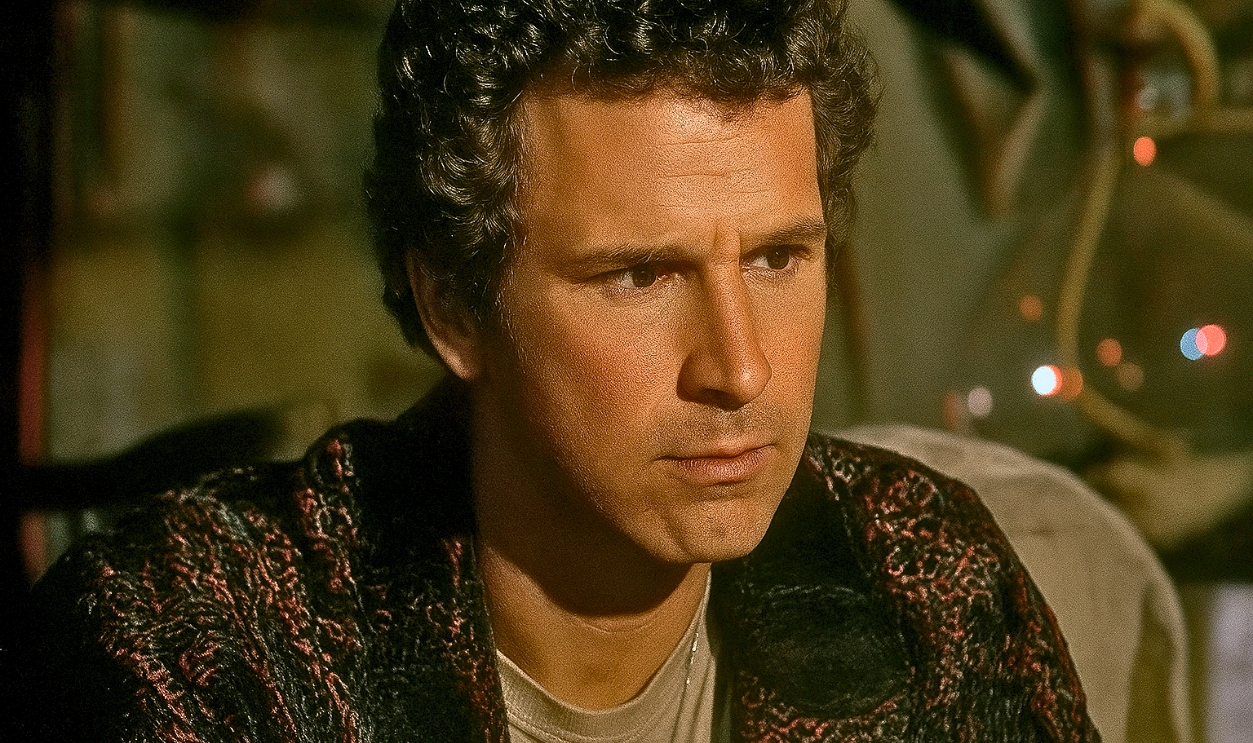 MASH - Deal Me Out miniclip in 3D by DJ'S Gaming & Entertainment
MASH - Deal Me Out miniclip in 3D by DJ'S Gaming & Entertainment
"Good-Bye Radar"
Gary Burghoff's real-life departure from the series required extraordinary sensitivity, as Radar represented both the show's moral compass and its connection to innocence. The two-part farewell achieves something extraordinary by honoring the character's importance and simultaneously allowing natural story growth.
"Good-Bye Radar" (Cont.)
Klinger's fumbling attempts to replace Radar provide comic relief and emotional weight. The episode's heart lies in Radar's impossible choice between duty to his found family at the 4077th and obligation to his blood family back home. Sometimes heroism means walking away from where you're needed most.
"Tuttle"
Creative desperation breeds fantastic comedy when Hawkeye and Trapper invent Captain Tuttle to help supply a local orphanage. What starts as a general con spirals into camp-wide mythology as everyone claims friendship with the non-existent hero. It demonstrates MAS*H's early mastery of farce.
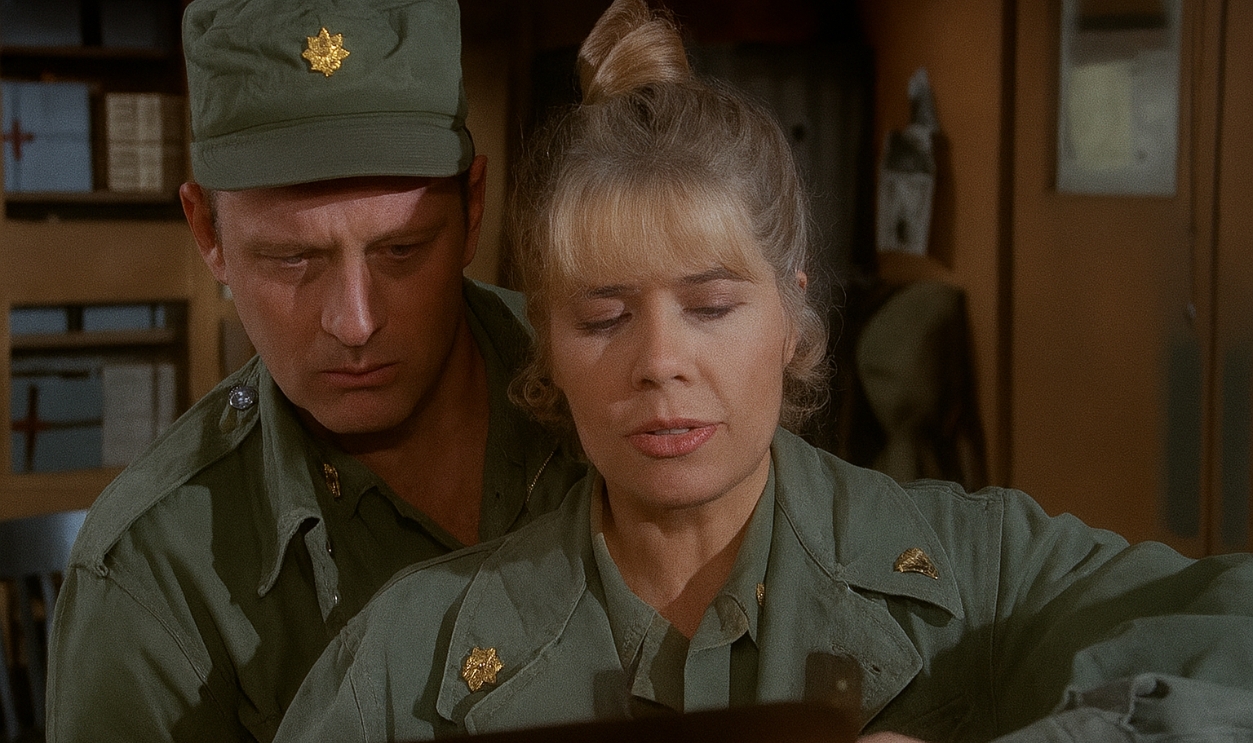 M*A*S*H: "You sent Captain Tuttle?" by Clips 'N' Snips
M*A*S*H: "You sent Captain Tuttle?" by Clips 'N' Snips
"Tuttle" (Cont.)
We see the exploration of how legends are born from collective need and wishful thinking. People at the 4077th want to believe in Tuttle because he represents their better angels—the selfless officer. When Frank grows suspicious, the elaborate schemes to maintain the illusion become increasingly absurd.
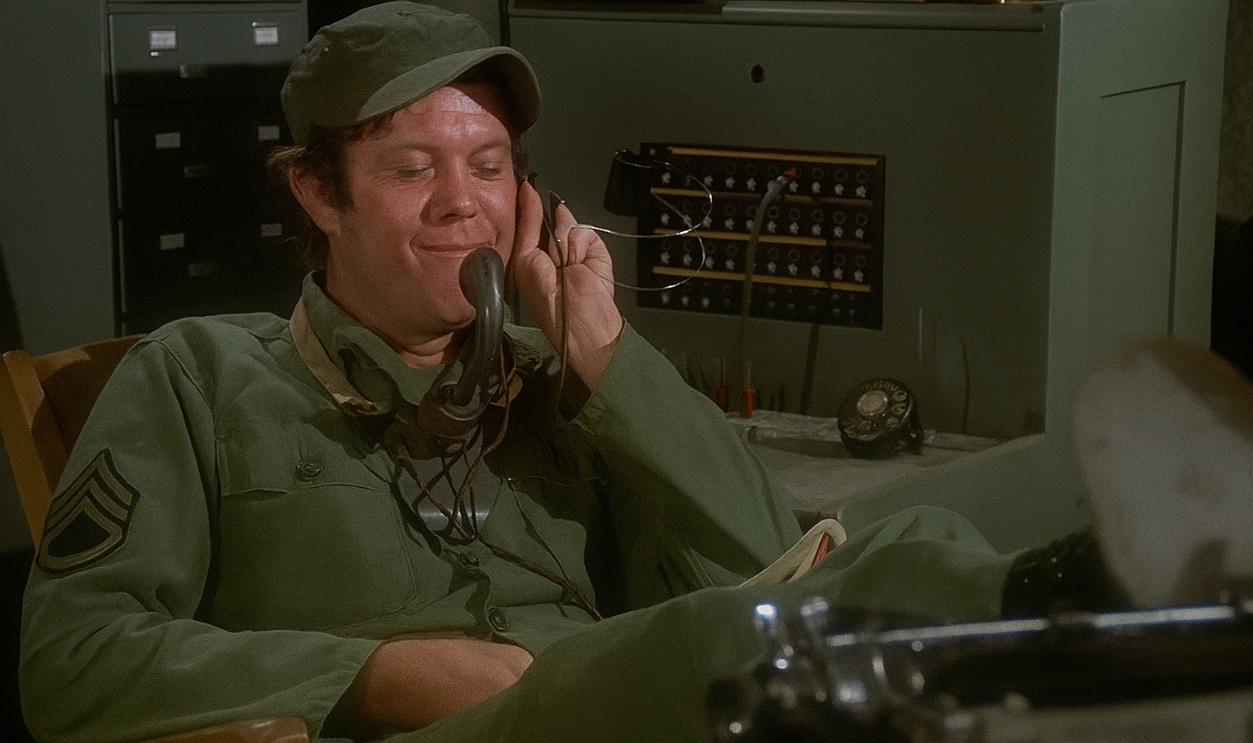 M*A*S*H: "You sent Captain Tuttle?" by Clips 'N' Snips
M*A*S*H: "You sent Captain Tuttle?" by Clips 'N' Snips
"Adam's Ribs"
After eleven straight days of fish and liver, Hawkeye's epic meltdown over Chicago barbecue is seen as a cross-country military operation involving red tape and the universal human craving for comfort food. The episode's deceptively simple premise masks profound themes about homesickness, survival, and small pleasures.
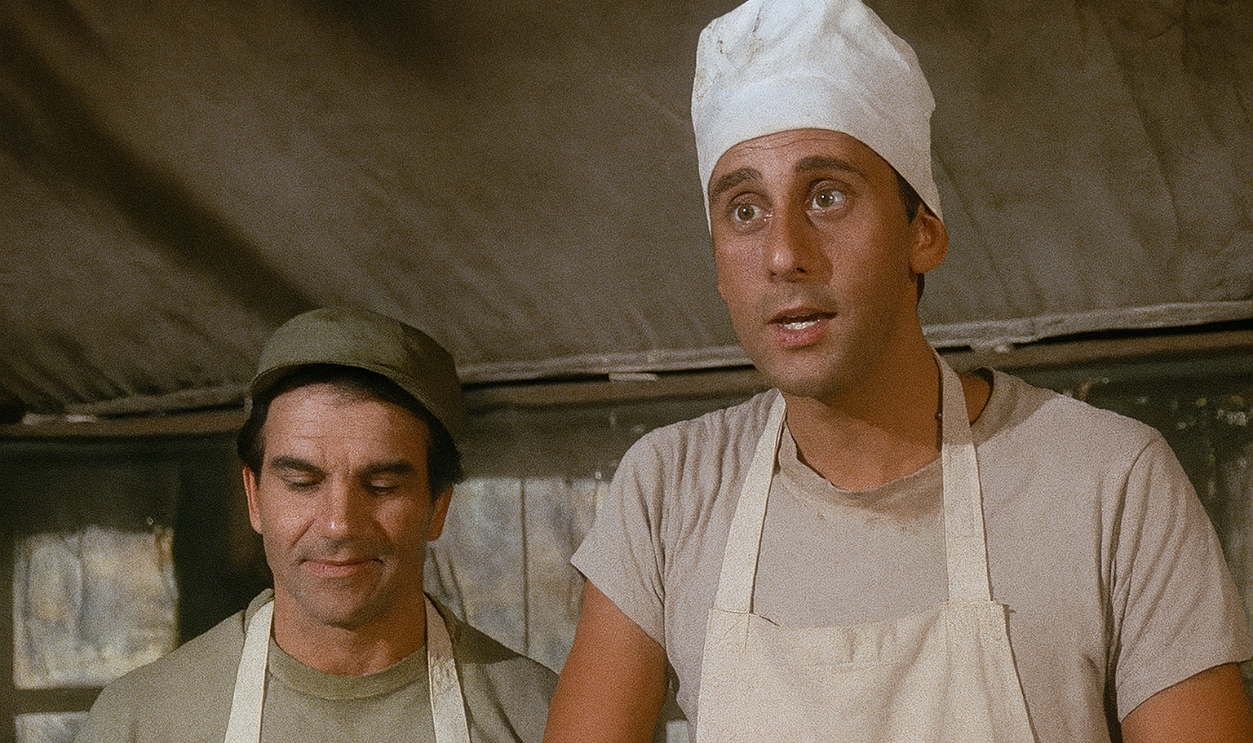 M*A*S*H S03E11 Adam's Ribs by mash gags
M*A*S*H S03E11 Adam's Ribs by mash gags
"Adam's Ribs" (Cont.)
Alda's famous rant launched a thousand quotable moments while masterfully capturing how war turns basic human desires into complex moral choices. As soon as the long-awaited ribs arrive, just as wounded soldiers need attention, the sacrifice becomes meaningful rather than frustrating.
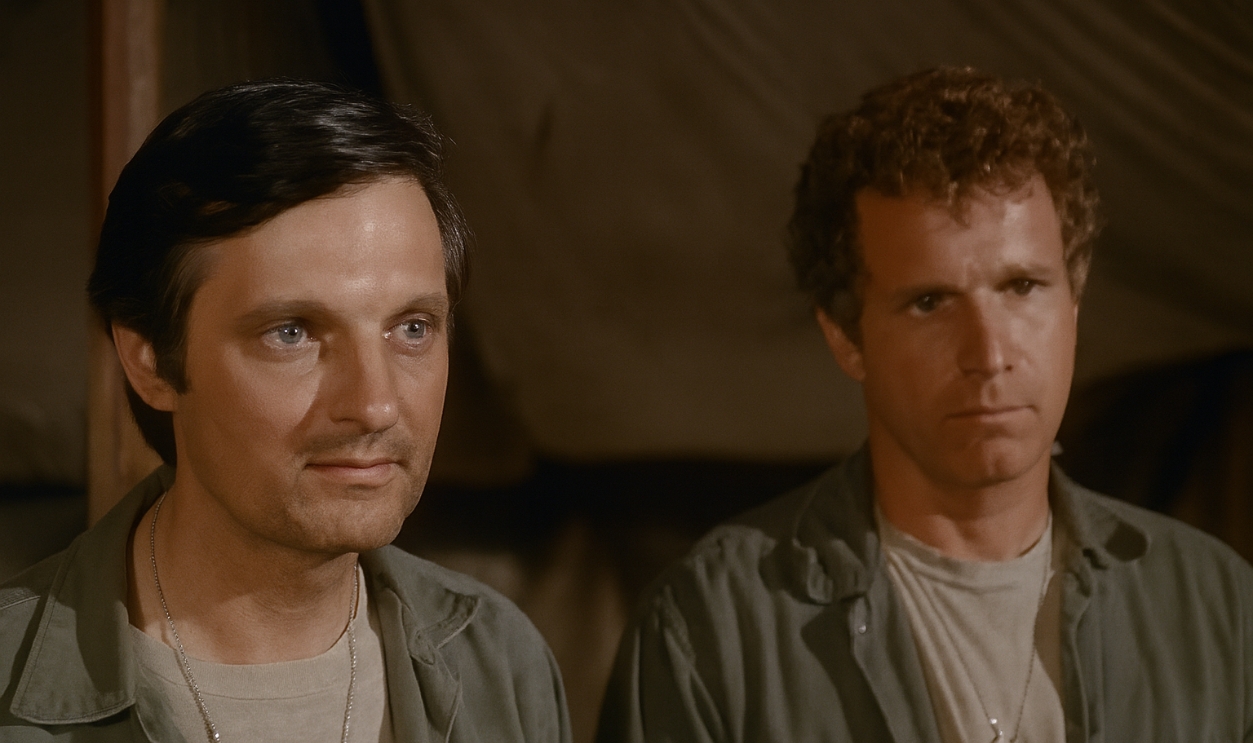 M*A*S*H S03E11 Adam's Ribs by mash gags
M*A*S*H S03E11 Adam's Ribs by mash gags
"Dear Sigmund"
Allan Arbus delivers a lovely performance as psychiatrist Sidney Freedman processes his own depression through a therapeutic letter to Sigmund Freud. The innovative narrative structure permits viewers to see the 4077th through analytical eyes while going deep into how healers cope with trauma.
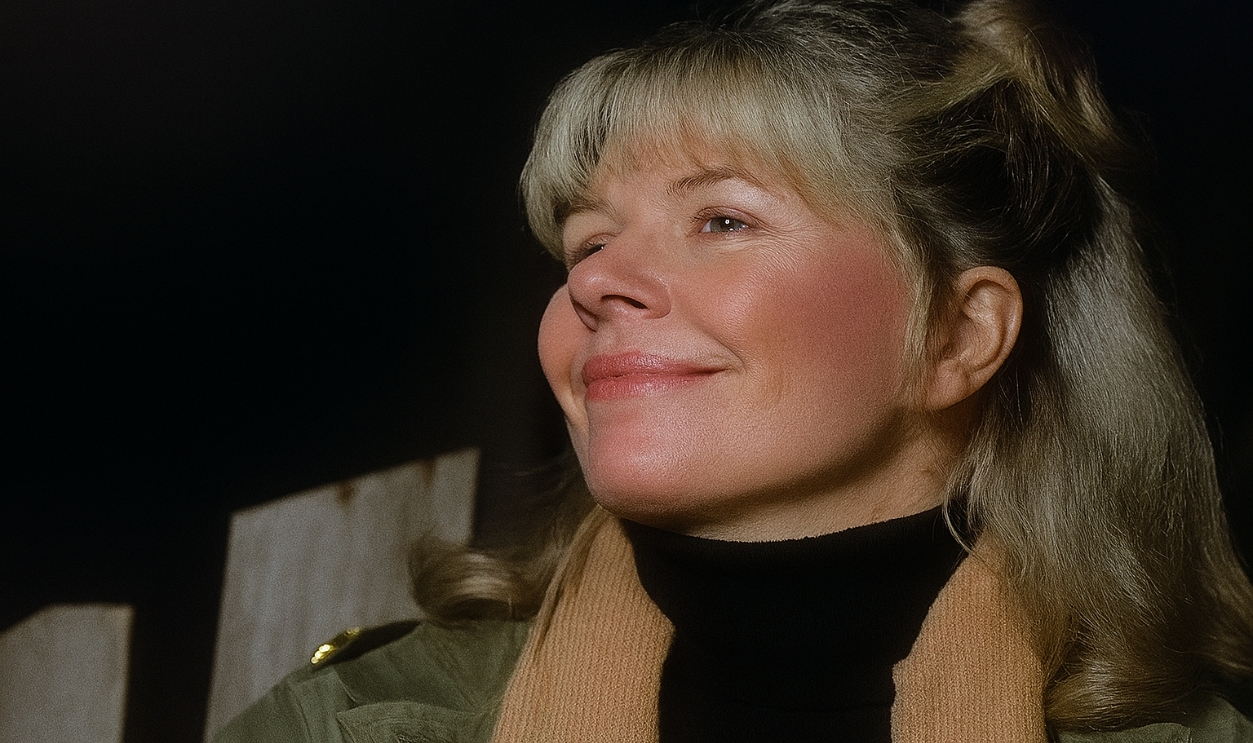 Mash- Dear Sigmund by Alexis Ray
Mash- Dear Sigmund by Alexis Ray
"Dear Sigmund" (Cont.)
A mysterious camp prankster provides the segment's comic backbone, all thanks to Alda's Emmy-winning direction. When Freedman discovers the prankster's identity, the revelation illuminates humor's role as a survival mechanism in impossible situations. It serves as a meta-commentary on MAS*H's therapeutic function.
 Mash- Dear Sigmund by Alexis Ray
Mash- Dear Sigmund by Alexis Ray
"The General Flipped At Dawn"
Here, we get to experience savage military satire, with Steele's increasingly unhinged behavior exposing the absurdity of blind authority worship. His desire to move the camp closer to enemy lines "to save fuel" and his court-martial of Hawkeye for insubordination reveal how incompetent leadership endangers everyone.
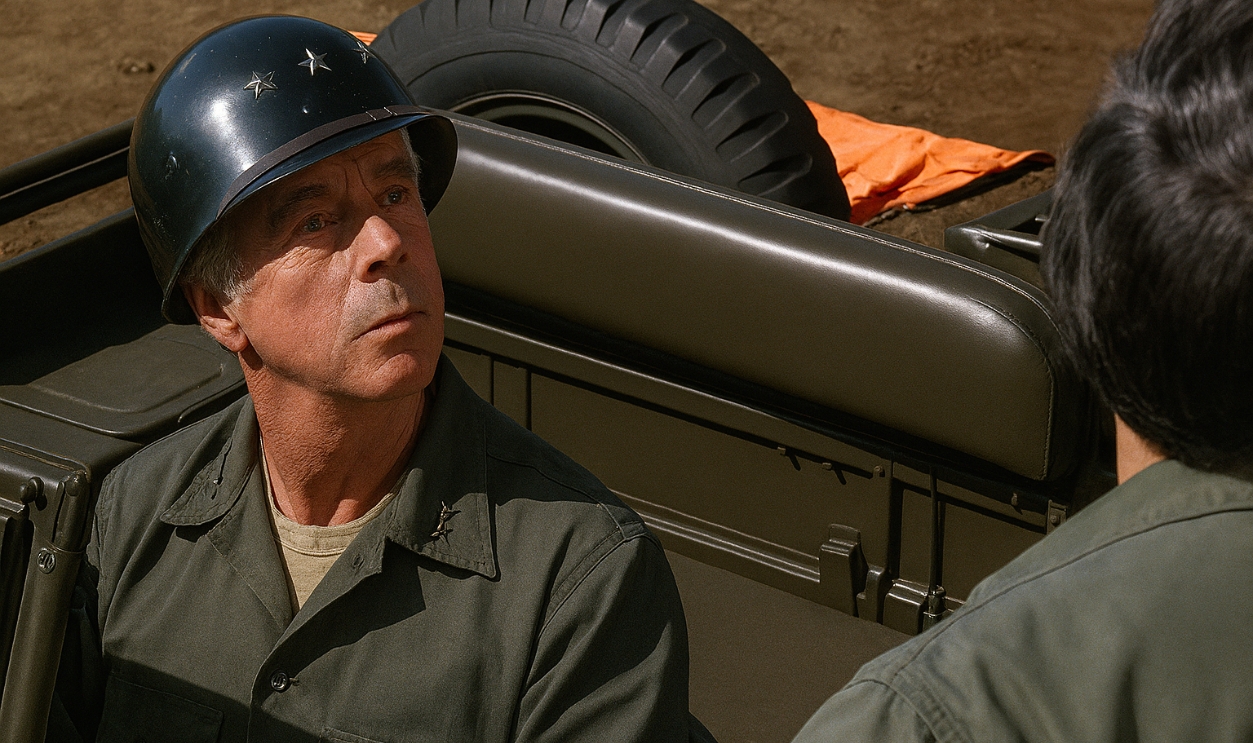 3x01 The General Flipped at Dawn by Jeff DeWitt
3x01 The General Flipped at Dawn by Jeff DeWitt
"The General Flipped At Dawn" (Cont.)
Harry Morgan makes his debut not as beloved Colonel Potter, but as the mentally unstable General Steele, whose discriminatory antics and delusional military strategies cause chaos at the 4077th. Morgan's rendition of "Mississippi Mud" during the hearing remains one of those bizarrely memorable moments.
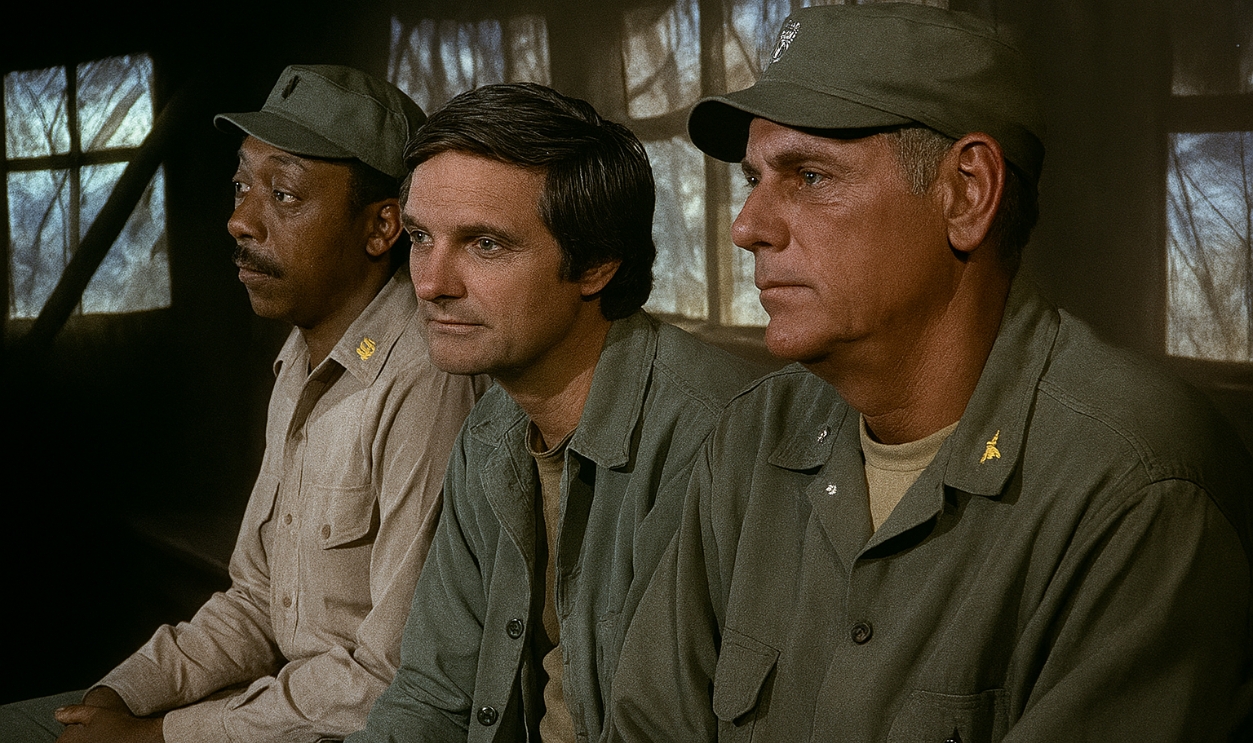 3x01 The General Flipped at Dawn by Jeff DeWitt
3x01 The General Flipped at Dawn by Jeff DeWitt
"Bug Out"
This is considered to be the series' most suspenseful bottle episode. Rumor and reality collide when the 4077th faces potential evacuation as enemy forces approach. Colonel Potter's initial disbelief gives way to frantic preparation as the "bug out" order arrives, forcing impossible medical decisions.
"Bug Out" (Cont.)
Hawkeye, Margaret, and Radar's dangerous isolation while operating on a critical patient draws genuine life-or-death tension. Klinger sacrifices his dress collection to bawdy house workers so the unit can relocate there temporarily. Frank's pathetic hope for a bakery location provides character-perfect humor.
"The Sniper"
Teri Garr's guest appearance as Hawkeye's love interest gets overshadowed by terror during a game of cat and mouse. The segment's claustrophobic tension builds methodically as normal camp activities become life-threatening exposures. Familiar spaces are seen as potential death traps.
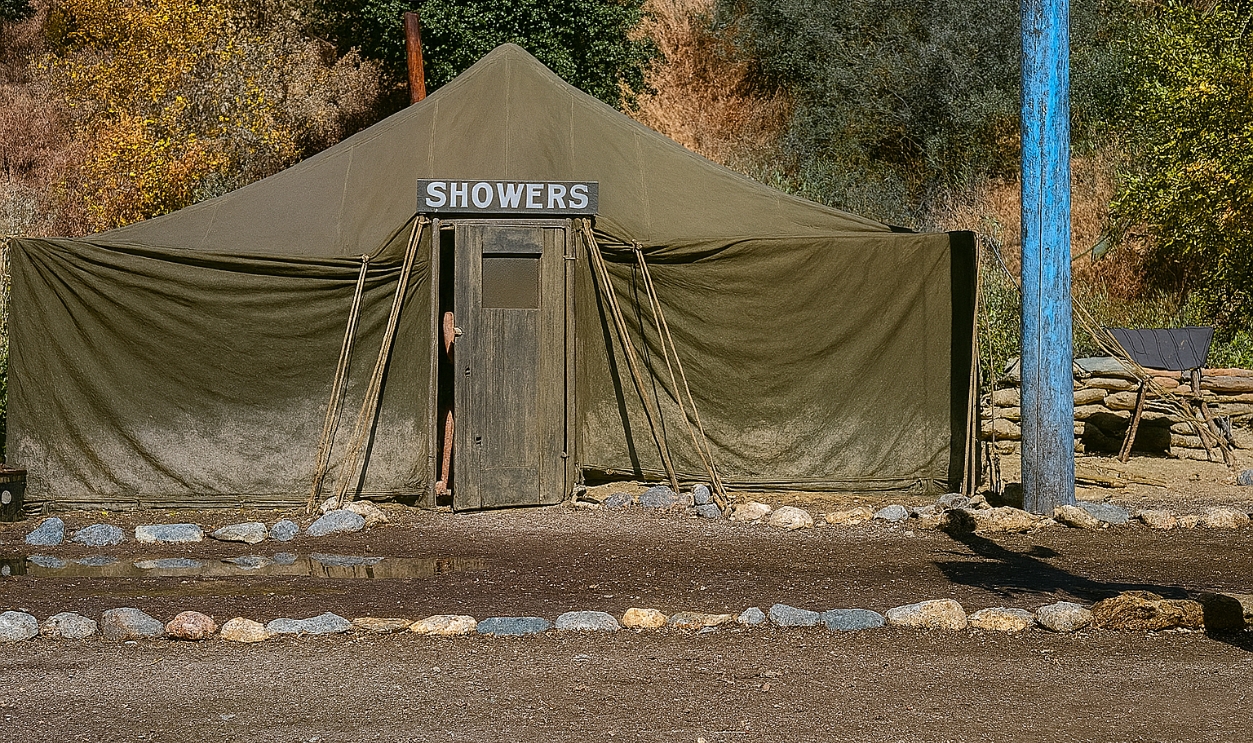 Mash- The Sniper by Alexis Ray
Mash- The Sniper by Alexis Ray
"The Sniper" (Cont.)
Gary Burghoff's bare backside made television history. But the moment serves a deeper narrative purpose than mere shock value. According to creator Larry Gelbart, the brief flash symbolizes how battle strips away dignity and reduces people to “almost infantile helplessness”.
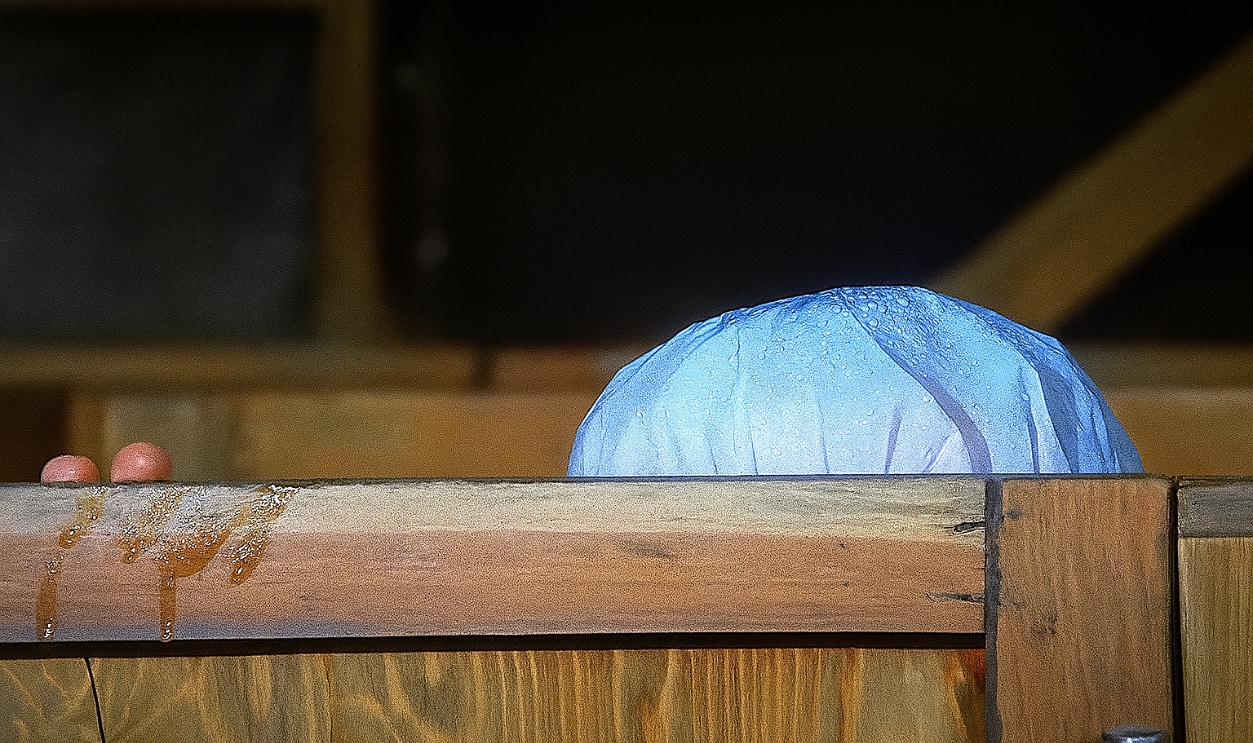 Mash- The Sniper by Alexis Ray
Mash- The Sniper by Alexis Ray
"Welcome To Korea"
Farrell's introduction as Hunnicutt required delicate navigation after Rogers and Stevenson's departures endangered the sitcom's survival. This hour-long season opener demonstrates MAS*H's resilience by seamlessly integrating new characters but also honoring departed ones. Frank's temporary command brings chaos that sets up Potter's arrival.
"Welcome To Korea" (Cont.)
The episode's emotional core centers on Hawkeye's desperate race to catch Trapper before his departure, only to discover his best friend left without saying goodbye. Such betrayal establishes the foundation for Hawkeye and BJ's different but equally strong partnership.
"Life Time"
Time constraint is made more morally complex by the ethical intricacy of taking organs from a dying soldier to rescue another. While retaining MAS*H's fusion of medical realism and emotional impact, this avant-garde approach to television storytelling predates series like 24 by decades.
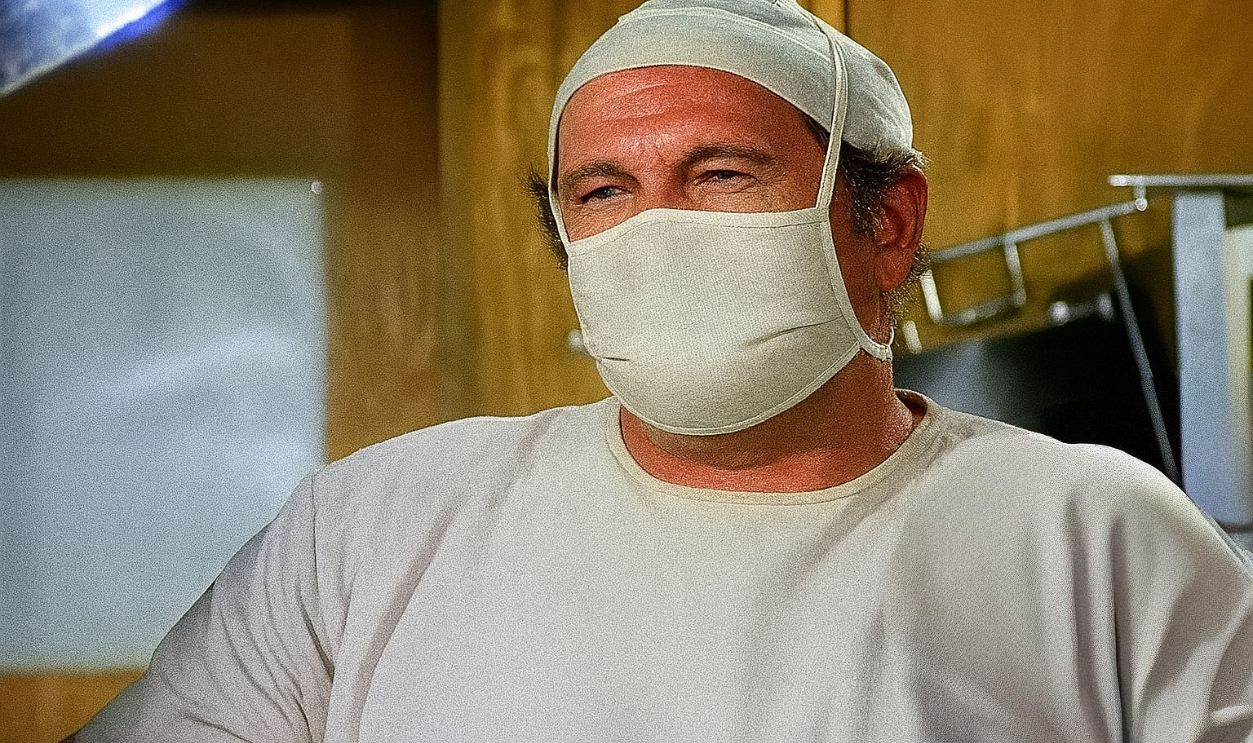 Mash- Lifetime 4 by Alexis Ray
Mash- Lifetime 4 by Alexis Ray
"Life Time" (Cont.)
Real-time narration creates unbearable tension. Hawkeye races against a 20-minute deadline to save soldier George's life using an aortic graft from BJ's brain-dead patient. The onscreen clock is seen as a character itself, each ticking second amplifying the surgical drama.
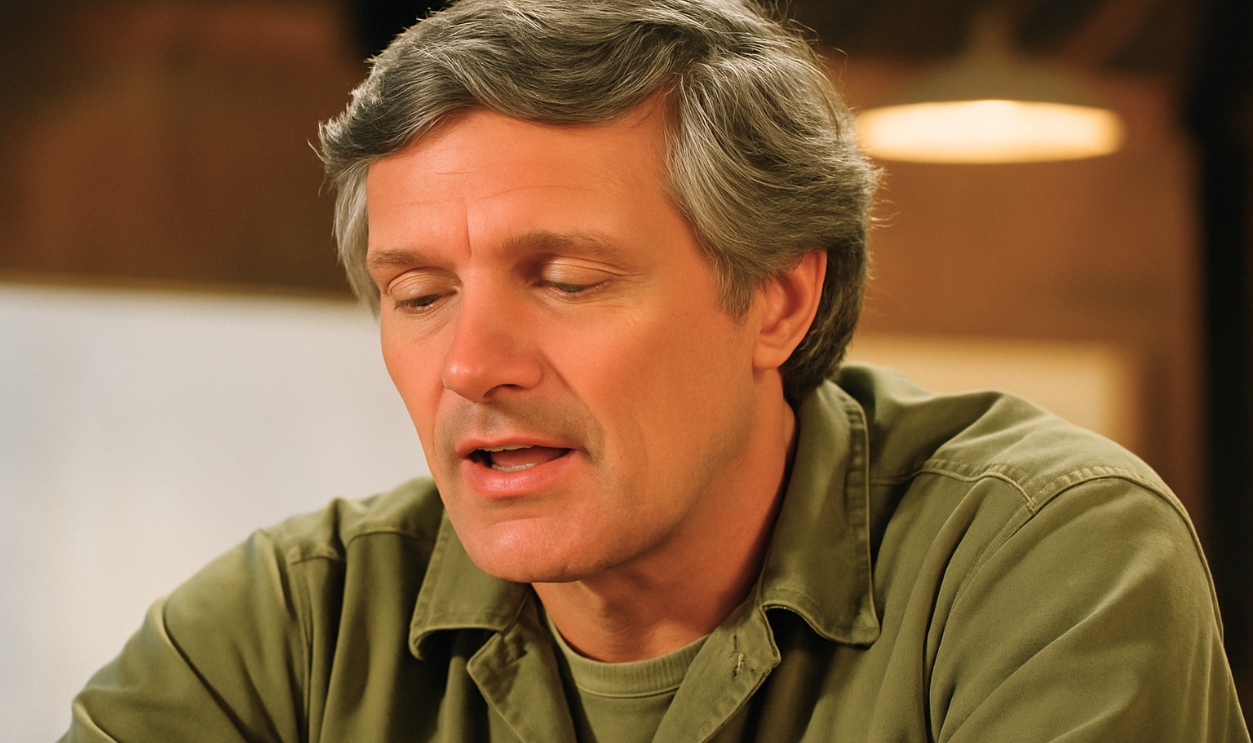 Mash- Lifetime 4 by Alexis Ray
Mash- Lifetime 4 by Alexis Ray
"Death Takes A Holiday"
Christmas at the 4077th takes on profound meaning, and here’s how. Hawkeye, BJ, and Margaret desperately try to keep a mortally wounded soldier alive for a few critical hours so his family won't forever associate the holiday with grief. Their medical heroics become acts of emotional mercy.
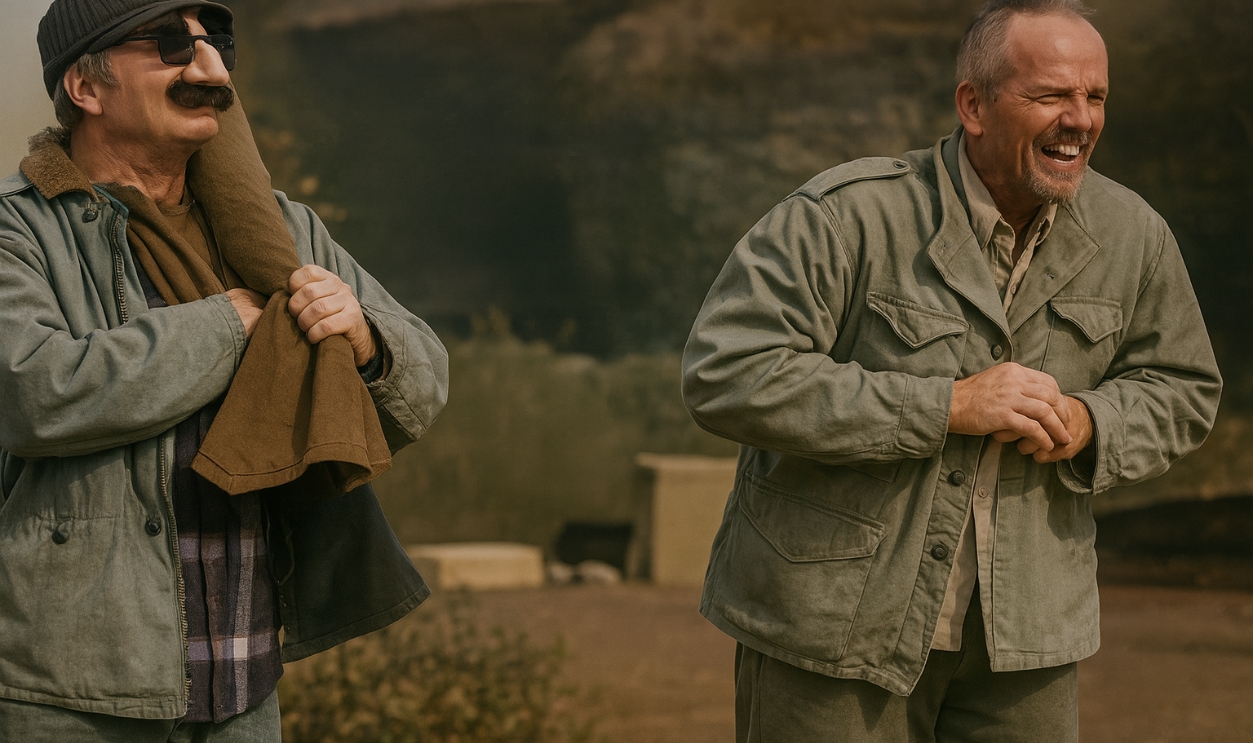 M*A*S*H (1980) Death Takes a Holiday by Christmas Every Day
M*A*S*H (1980) Death Takes a Holiday by Christmas Every Day
"Death Takes A Holiday" (Cont.)
It shows how doctors fight not just death but the timing of tragedy. Winchester's surprising generosity subplot reveals hidden depths beneath his aristocratic facade. Well, sometimes the greatest gift isn't saving a life but controlling when that life ends. The dual storylines serve a tonal balance.
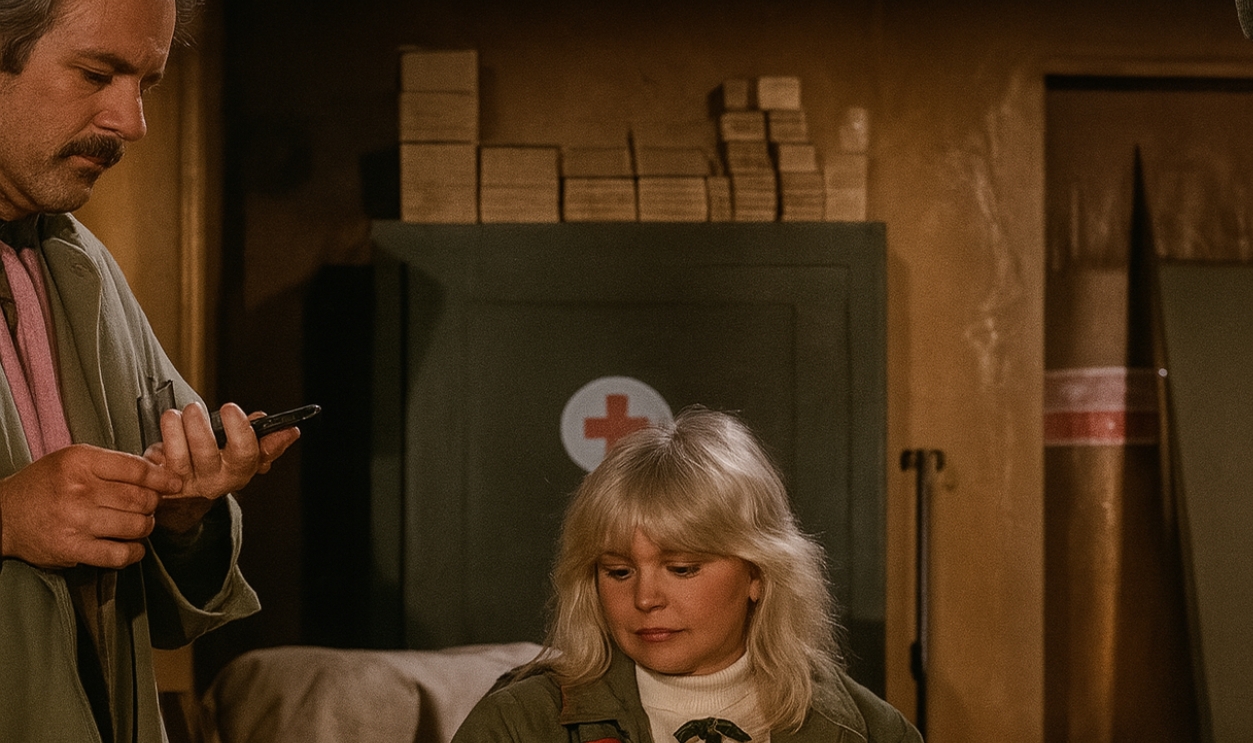 M*A*S*H (1980) Death Takes a Holiday by Christmas Every Day
M*A*S*H (1980) Death Takes a Holiday by Christmas Every Day
"Movie Tonight"
Colonel Potter's attempt to boost morale with his favorite Western, "My Darling Clementine," gets repeatedly sabotaged by equipment failures. The audience's increasingly rowdy behavior gives rise to organic comedy as frustrated viewers generate their own amusement through improvised singing.
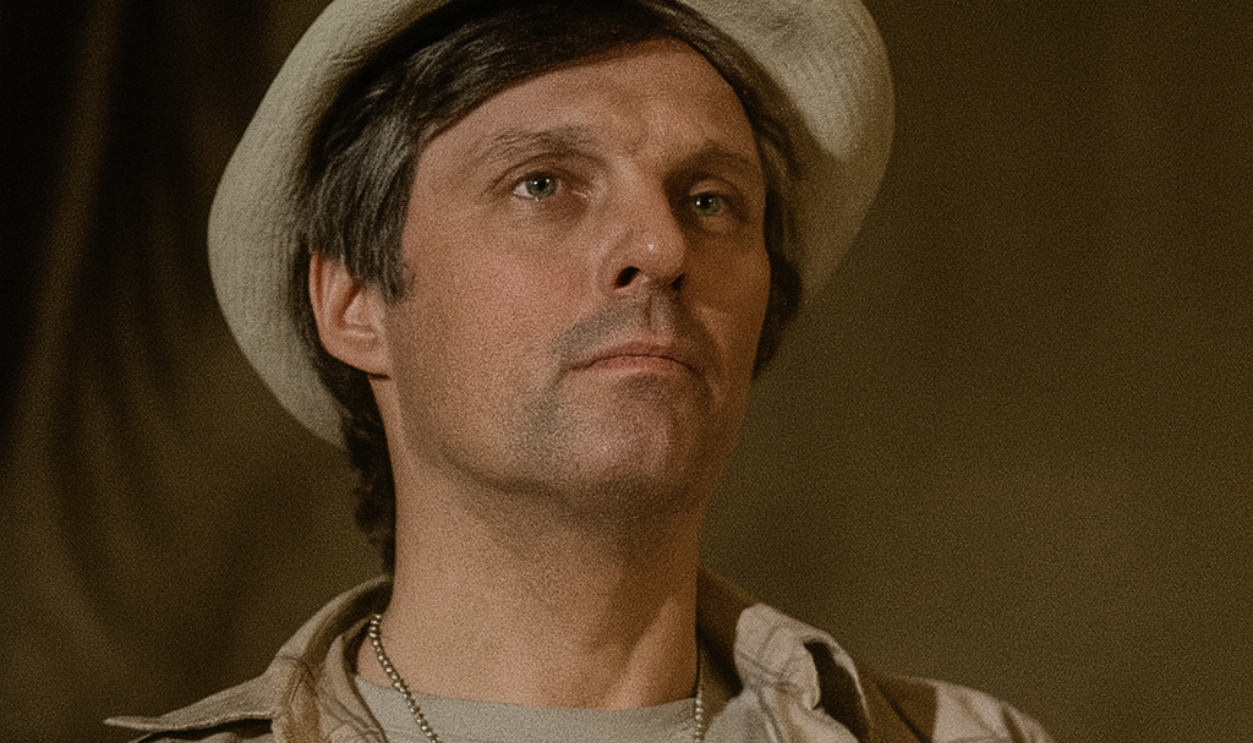 M*A*S*H - The Father Mulcahy Sound-a-Like Contest by Tortuga Del Mundo
M*A*S*H - The Father Mulcahy Sound-a-Like Contest by Tortuga Del Mundo
"Movie Tonight" (Cont.)
That meta-commentary on entertainment's role in maintaining sanity becomes apparent as the 4077th crafts better diversion than any Hollywood film could serve. Their raucous rendition of "Gee, Mom, I Wanna Go Home" goes from mere frustration to cathartic group therapy.
 M*A*S*H - The Father Mulcahy Sound-a-Like Contest by Tortuga Del Mundo
M*A*S*H - The Father Mulcahy Sound-a-Like Contest by Tortuga Del Mundo
"5 O'Clock Charlie"
A North Korean bomber pilot's hilariously inaccurate daily attacks become the 4077th's most anticipated entertainment. The entire camp gathers at 5:00 PM to bet on how far his hand-thrown bombs will miss their target. The pilot's predictable timing and terrible aim form an absurd comedy routine.
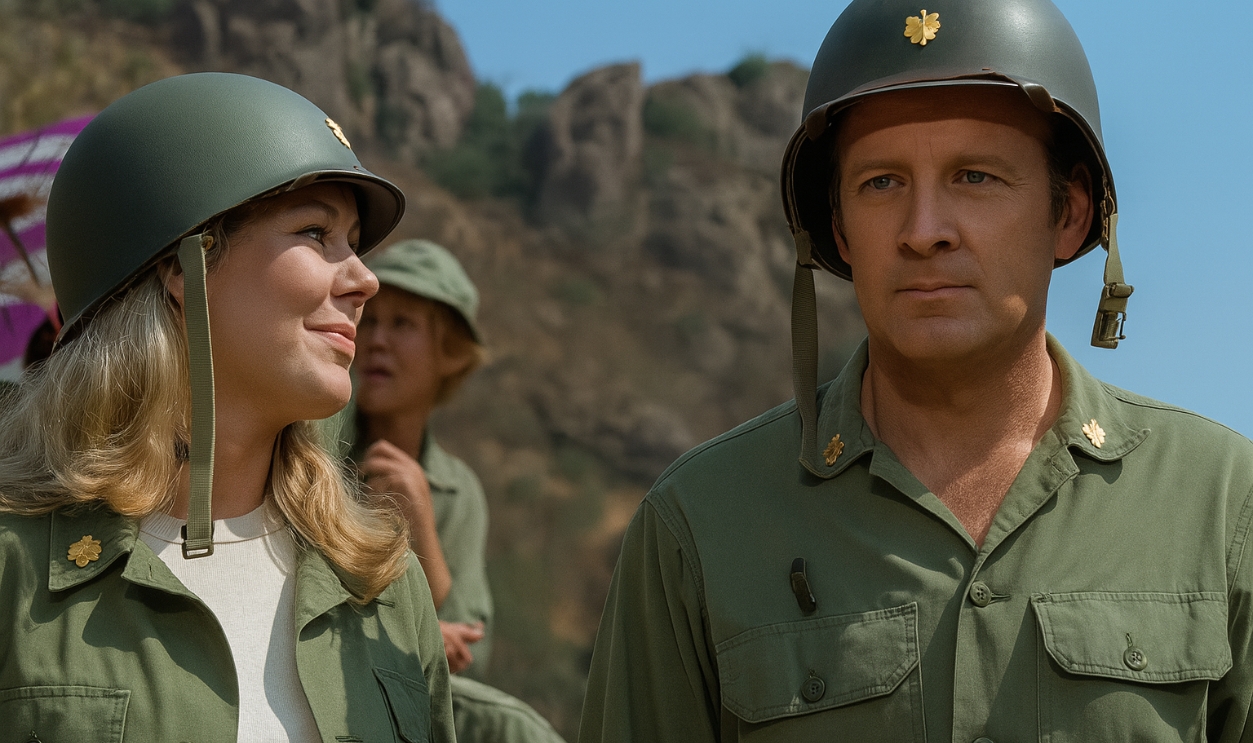 M*A*S*H: "Here he is...5 O'clock Charlie." by Clips 'N' Snips
M*A*S*H: "Here he is...5 O'clock Charlie." by Clips 'N' Snips
"5 O'Clock Charlie" (Cont.)
Frank's serious response to this obvious non-threat captures his character's inability to distinguish real danger from bureaucratic posturing. When he demands weapons to craft his own "South Korean army," Hawkeye and Trapper's scheme to eliminate the ammo dump, we get a classic M*A*S*H problem-solving.
 M*A*S*H: "Here he is...5 O'clock Charlie." by Clips 'N' Snips
M*A*S*H: "Here he is...5 O'clock Charlie." by Clips 'N' Snips
"Old Soldiers"
Potter's mysterious depression after visiting an old friend opens up a personal WWI backstory that adds historical weight to his character. The disclosure of his tontine—a pact with four comrades where the last survivor inherits everything—makes him a living repository of military memory.
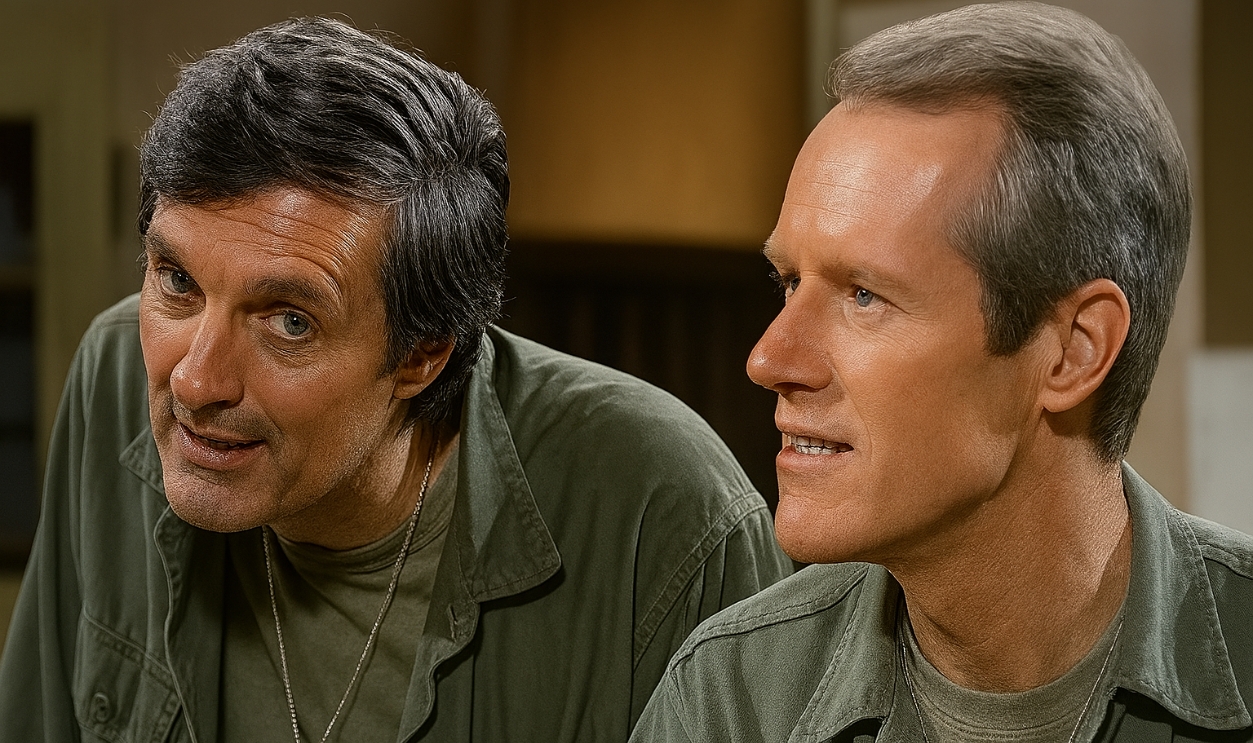 MASH: A Toast by Jeff Hastings"Old Soldiers" (Cont.)
MASH: A Toast by Jeff Hastings"Old Soldiers" (Cont.)
Harry Morgan's excellent work highlights how past wars haunt present conflicts. Potter's toast to "old soldiers who never die; they just fade away" becomes the episode's heartbreaking centerpiece, acknowledging that survival itself carries its own burden. However, the Korean orphans subplot provides necessary lightness.
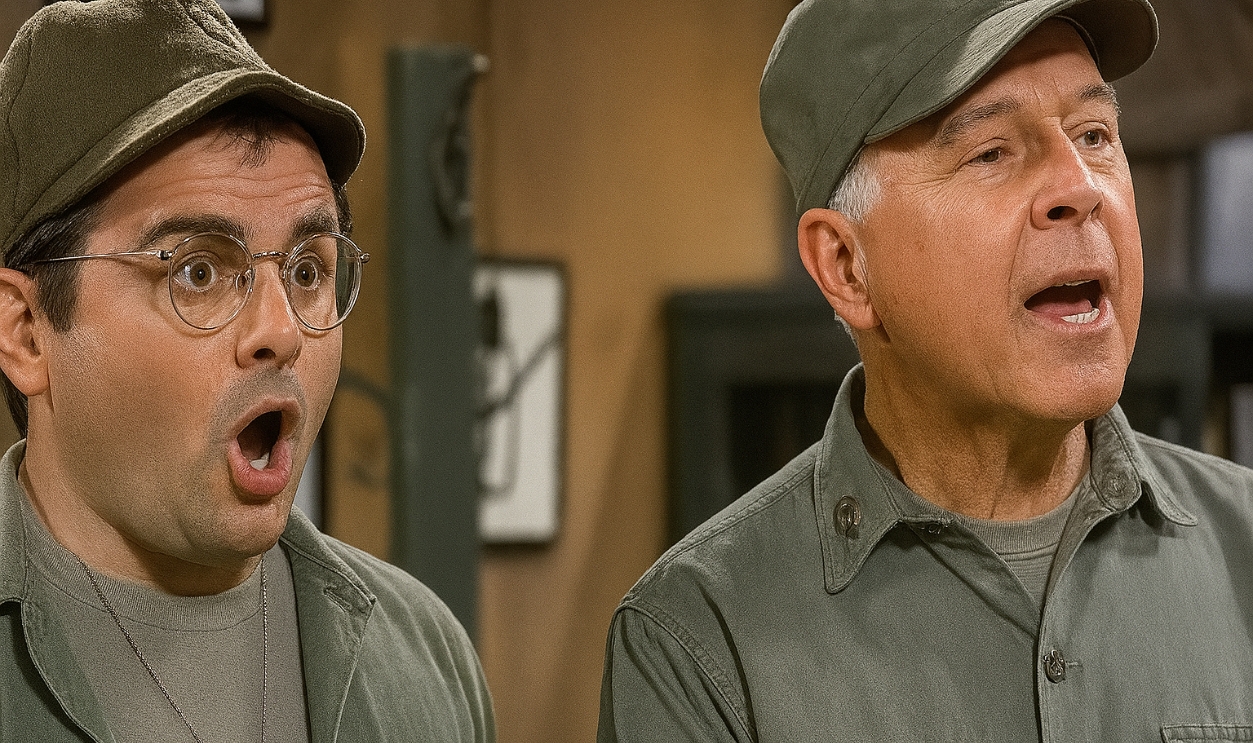 MASH: A Toast by Jeff Hastings
MASH: A Toast by Jeff Hastings
"Point Of View"
Revolutionary cinematography places the audience directly inside the wounded soldier "Rich's" experience from the helicopter landing through surgery to recovery. The complete removal of the laugh track acknowledges its serious dramatic intent. Besides, the cast's direct-address portrayal makes audiences feel like actual patients receiving care.
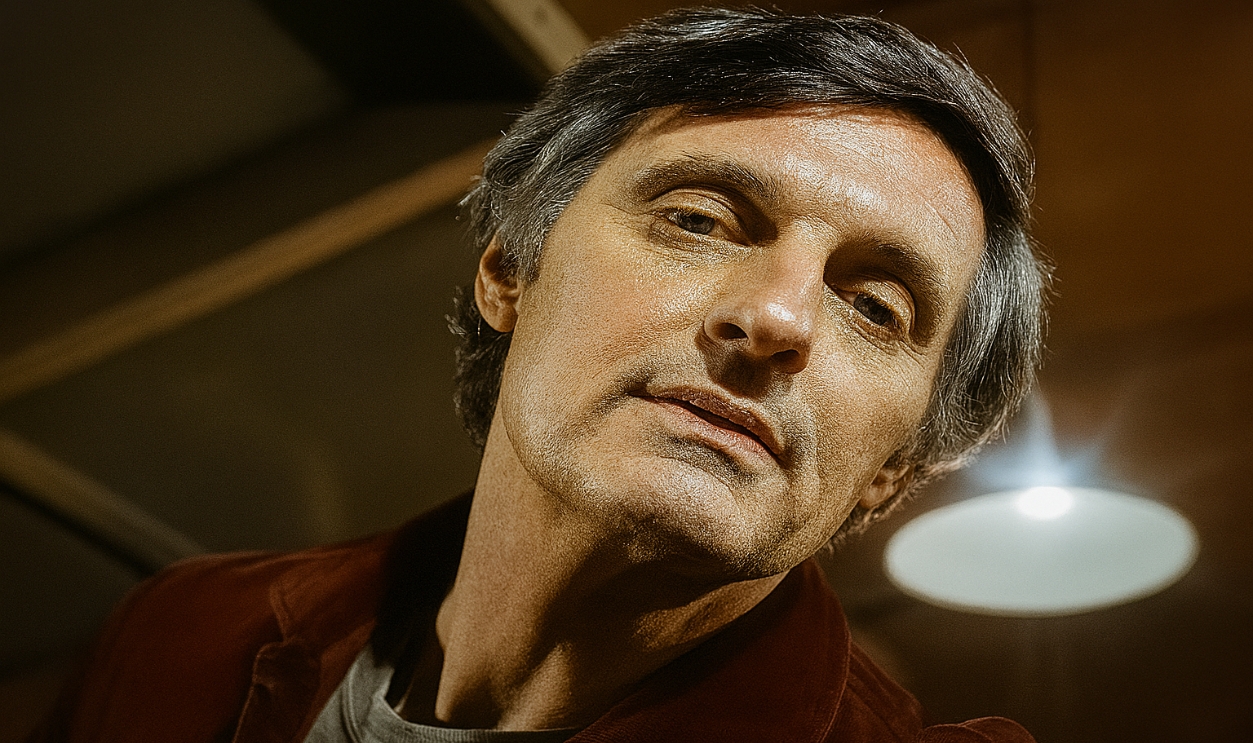 Mash- Point of View 2 by Alexis Ray
Mash- Point of View 2 by Alexis Ray
"Point Of View" (Cont.)
Point of View’s technical innovation is said to predate modern POV filmmaking while serving a deeper narrative purpose about witnessing trauma. Rich's throat injury, preventing speech, forces other characters to carry emotional weight through action and expression rather than dialogue.
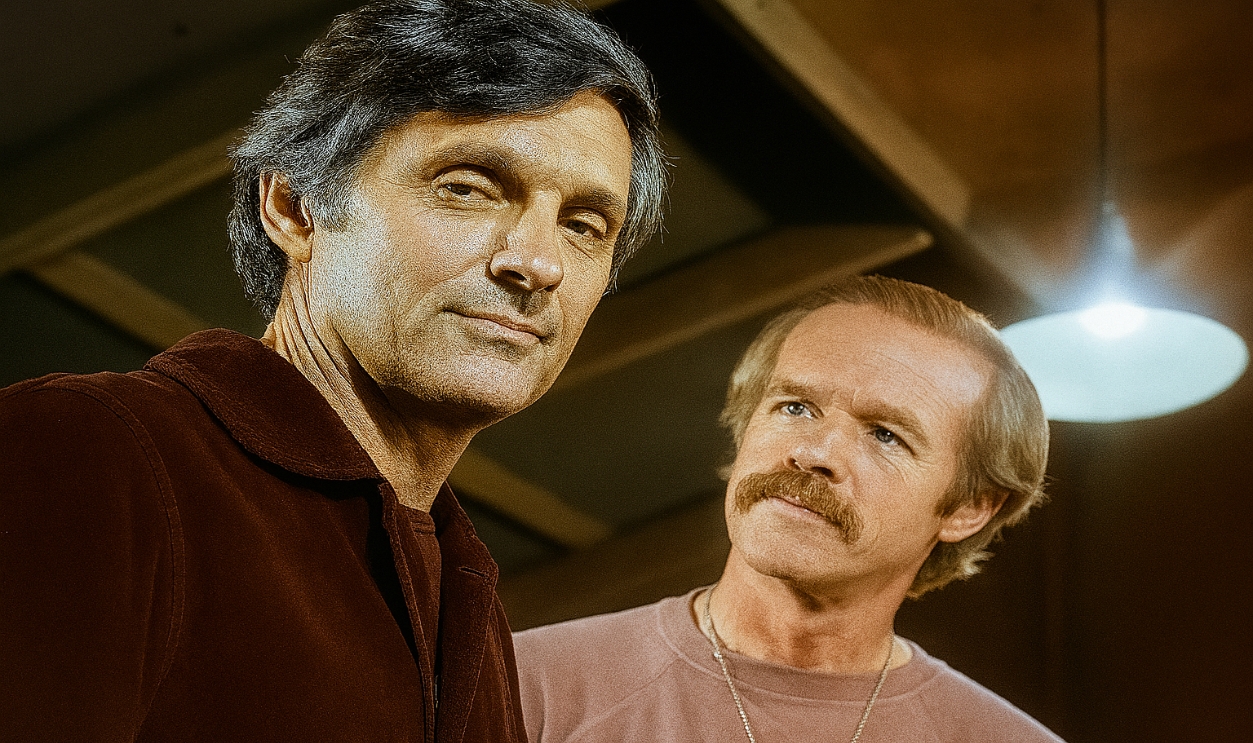 Mash- Point of View 2 by Alexis Ray
Mash- Point of View 2 by Alexis Ray
"The Nurses"
Margaret Houlihan's character transition begins with a seemingly simple disciplinary action against Lieutenant Baker. It underlines the painful isolation of command. Her confrontation with her nursing staff strips away her authoritarian facade to expose her desperate longing for friendship and acceptance.
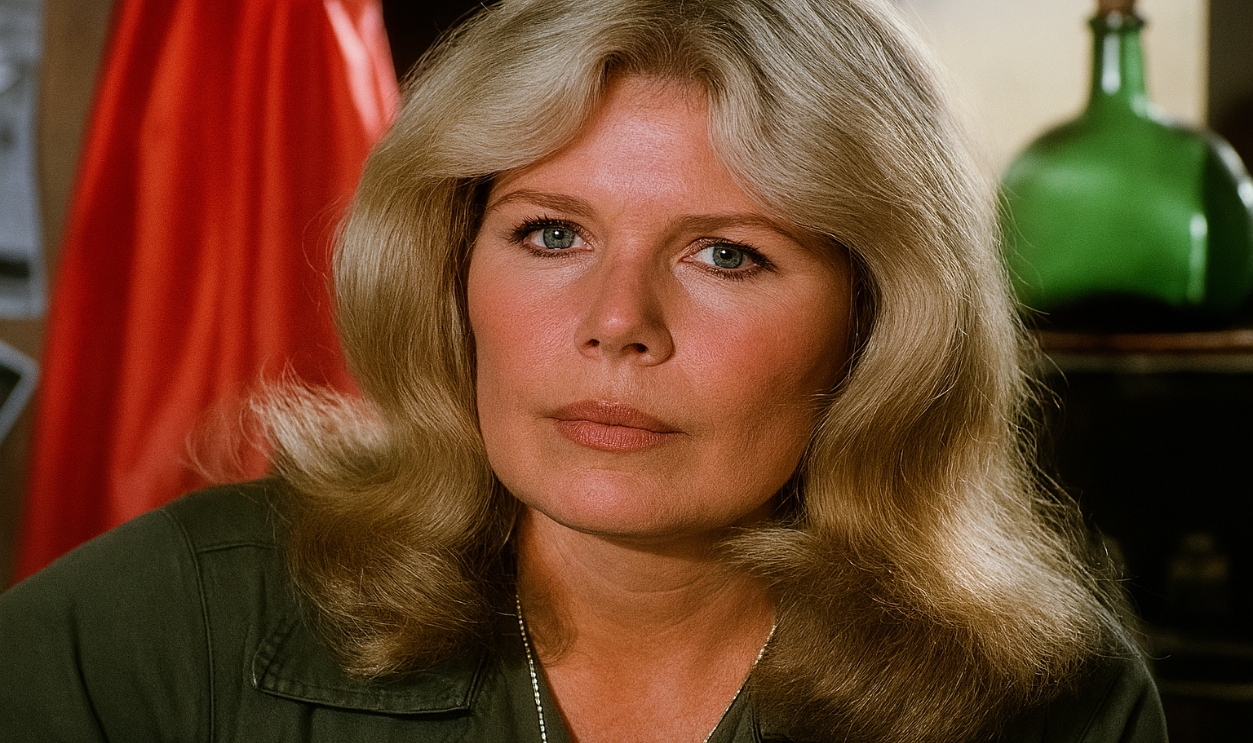 Mash- Nurse Harris and Margaret by Alexis Ray
Mash- Nurse Harris and Margaret by Alexis Ray
"The Nurses" (Cont.)
Loretta Swit considers this among her favorite episodes for finally allowing Margaret's vulnerability to emerge. The emotional climax of Margaret's heartbreaking speech about exclusion from "lousy cup of coffee" conversations fundamentally changes her relationship with both the nurses and the audience.
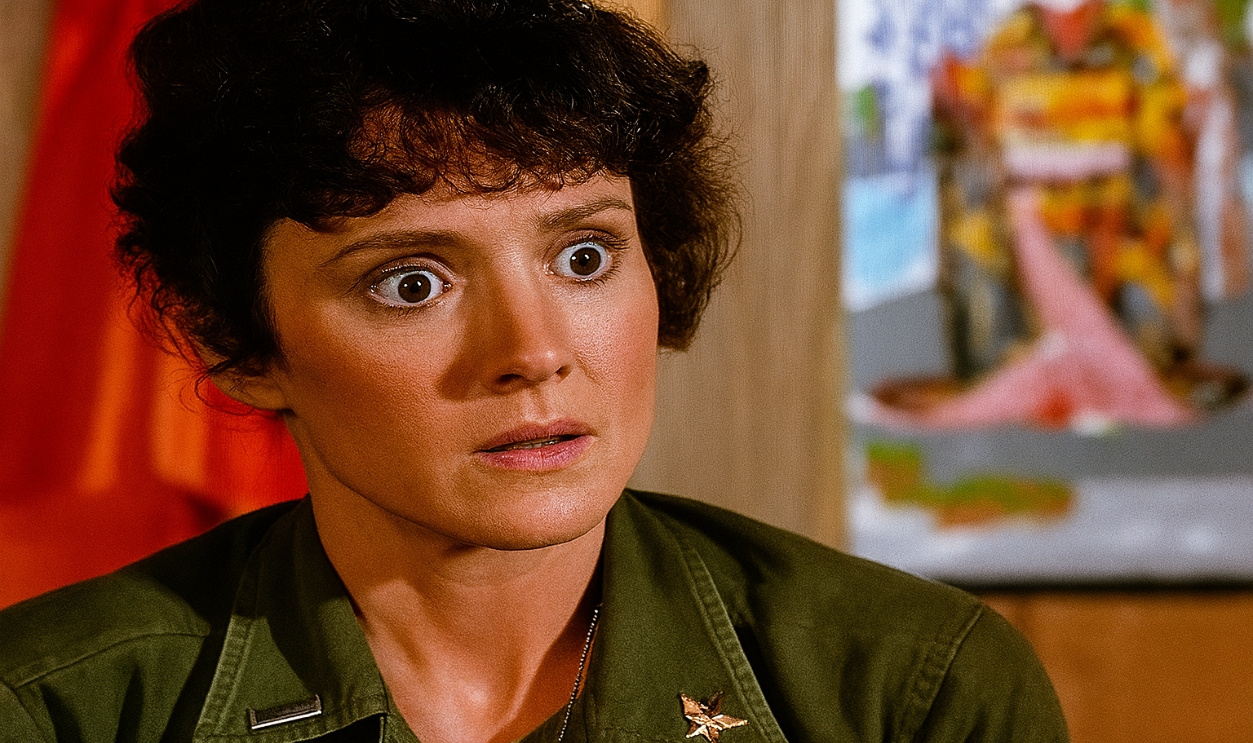 Mash- Nurse Harris and Margaret by Alexis Ray
Mash- Nurse Harris and Margaret by Alexis Ray
"Carry On, Hawkeye"
A devastating flu outbreak leaves only Hawkeye and Margaret standing to do surgery while the rest of the 4077th succumb to illness. Radar and Father Mulcahy's untrained but determined assistance in the operating room brings comic relief and genuine tension as medical procedures depend on non-medical personnel.
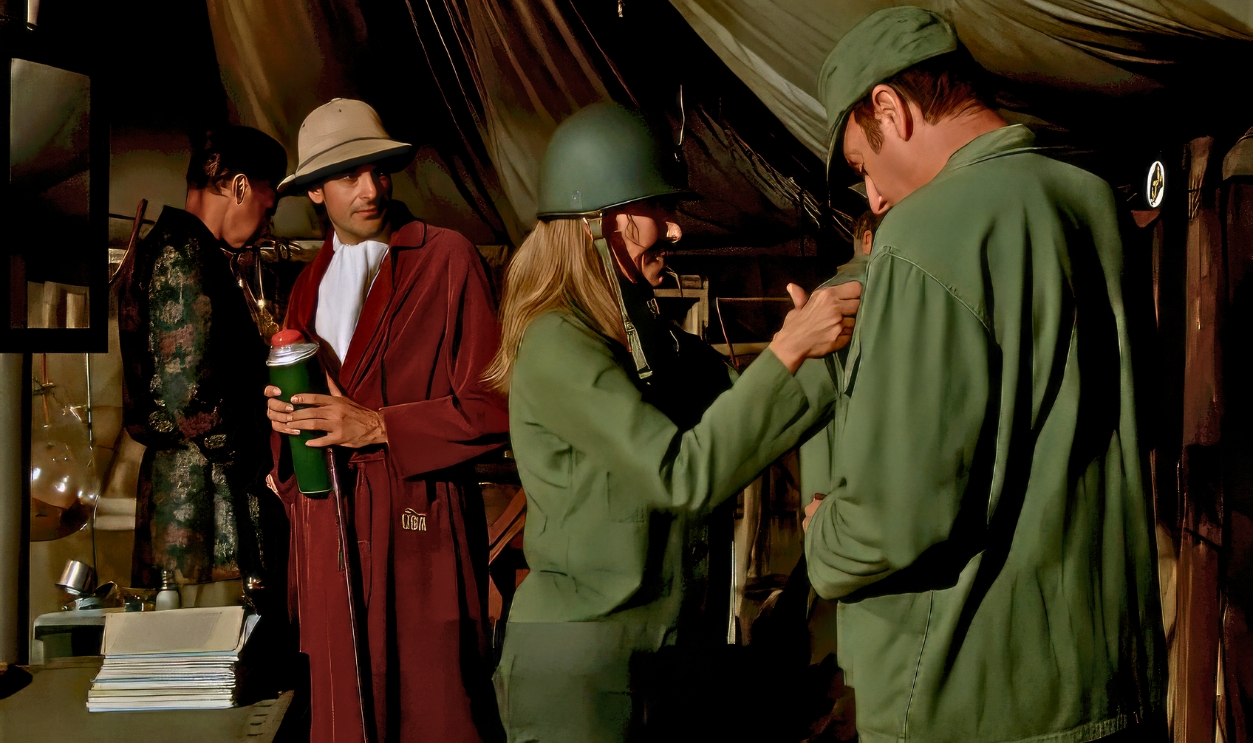 Some of my favorite MASH moments (Season 2) by PlagueMeister
Some of my favorite MASH moments (Season 2) by PlagueMeister
"Carry On, Hawkeye" (Cont.)
The segment marks the critical beginning of mutual respect between Hawkeye and Margaret, with his sincere praise calling her "nurse, friend, and all-around good egg," representing a fundamental shift in their relationship. Despite Margaret's dismissive response, the moment clearly affects her deeply.
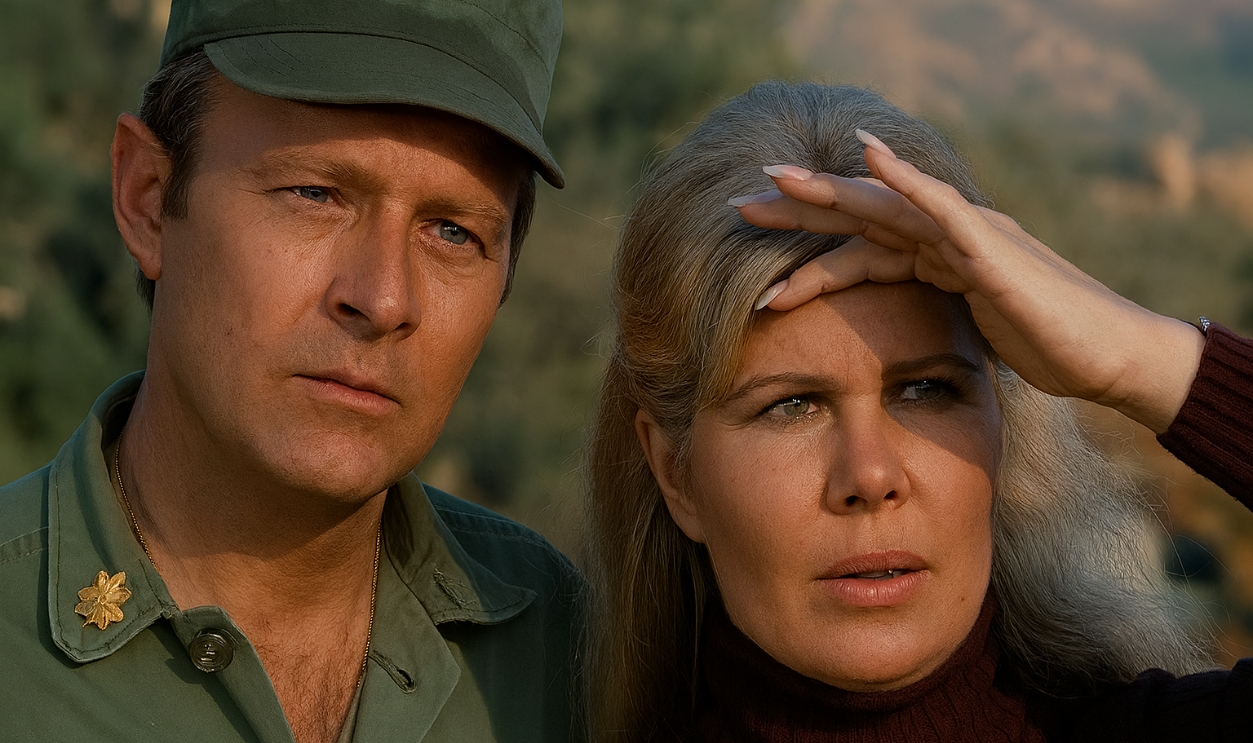 Some of my favorite MASH moments (Season 2) by PlagueMeister
Some of my favorite MASH moments (Season 2) by PlagueMeister
"Fallen Idol"
Radar's hero worship of Hawkeye takes a devastating turn when dubious advice from his idol leads to serious injury. This shatters the young clerk's faith and forces both characters to confront the dangers of blind admiration. "Fallen Idol" explores how even well-intentioned guidance can have catastrophic consequences.
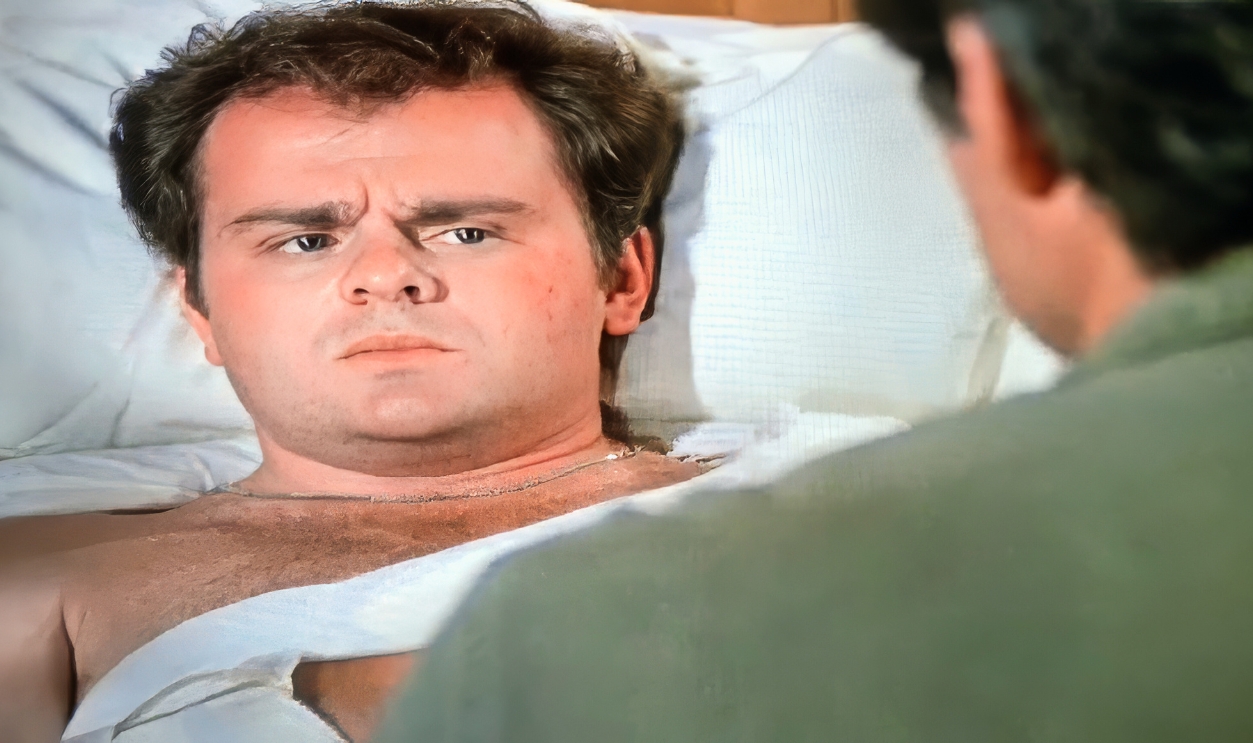 Mash- Fallen Idol by Alexis Ray
Mash- Fallen Idol by Alexis Ray
"Fallen Idol" (Cont.)
Finally, Radar musters the bravery to confront his fallen hero, earning something unprecedented from Hawkeye—a genuine, respectful salute. At this point, their relationship fundamentally transitions from mentor-student to equals, demonstrating Radar's development into a true adult.
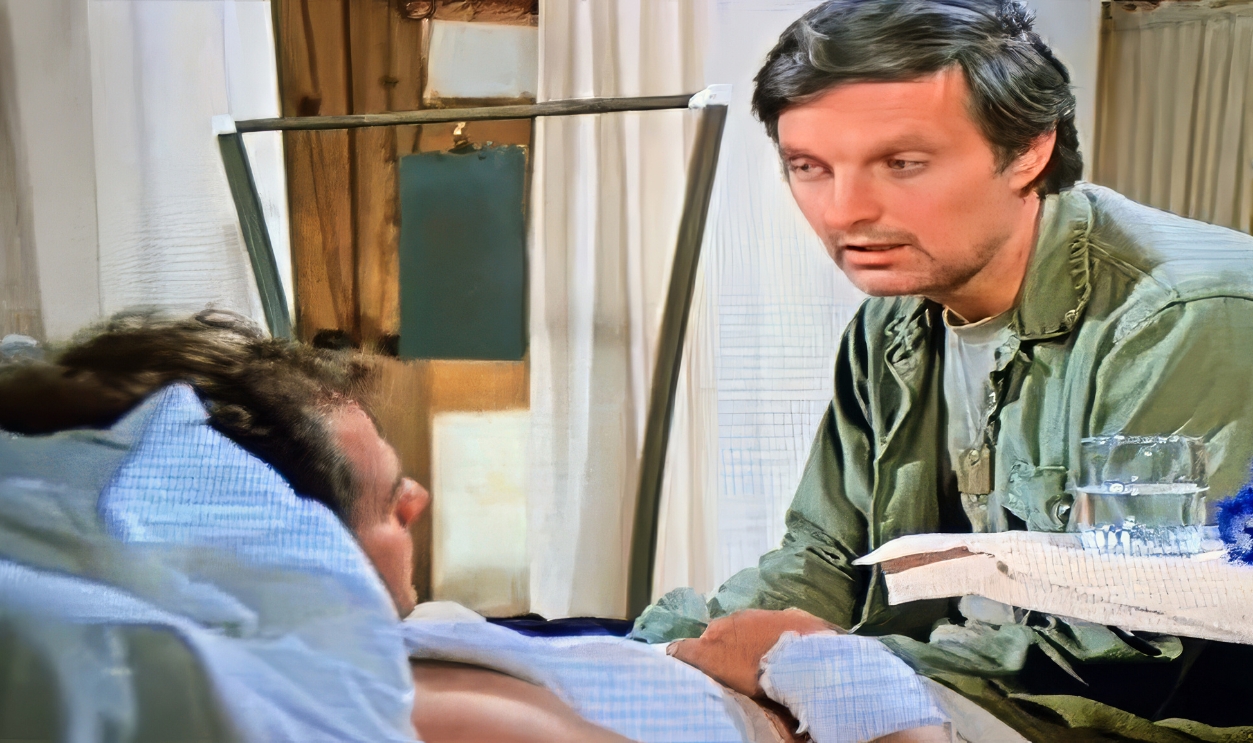 Mash- Fallen Idol by Alexis Ray
Mash- Fallen Idol by Alexis Ray
"Our Finest Hour"
This unique retrospective episode employs documentary-style filmmaking as a newsreel reporter interviews each member of the 4077th. This was the only installment to feature every main character through clever use of flashback sequences. Current interviews filmed in black and white contrast beautifully with colorized memories.
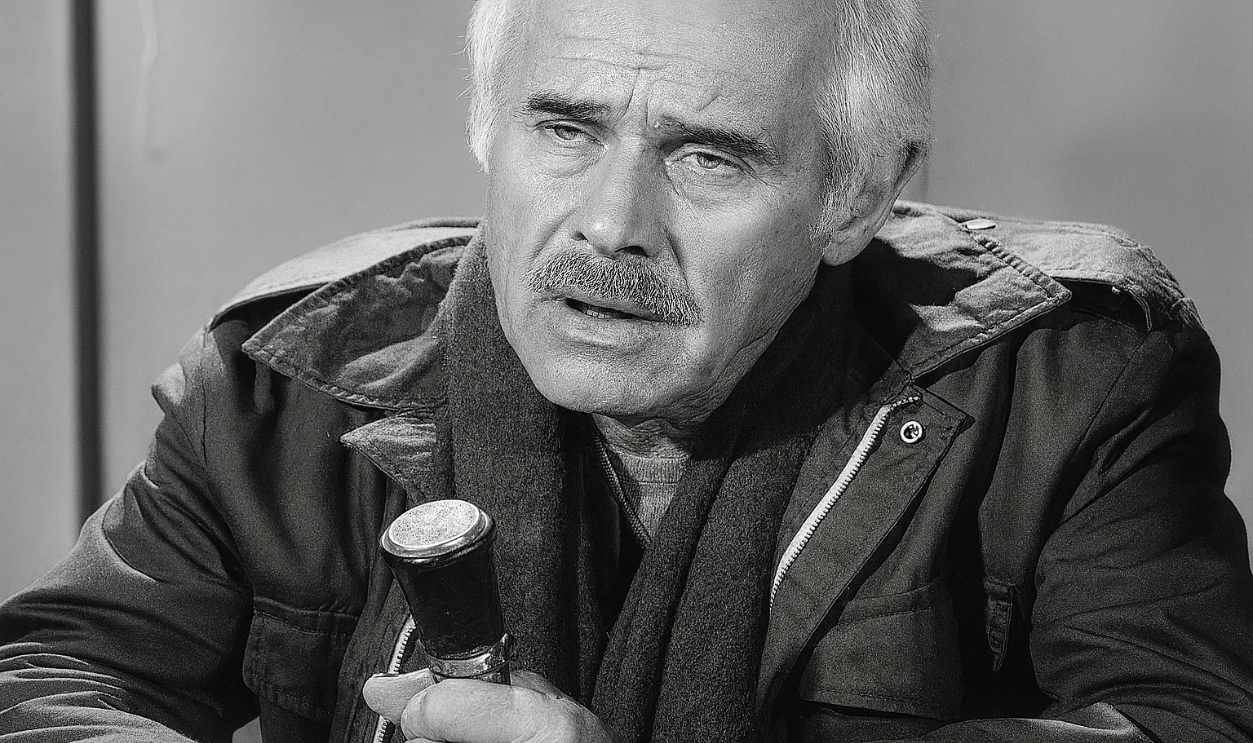 Mash- Our Finest Hour 7 by Alexis Ray
Mash- Our Finest Hour 7 by Alexis Ray
"Our Finest Hour" (Cont.)
They mimic authentic wartime newsreel aesthetics while allowing departed characters like Henry Blake, Trapper John, and Frank Burns to appear one final time. Each interview brings to light different perspectives on survival, friendship, and the psychological toll of prolonged conflict.
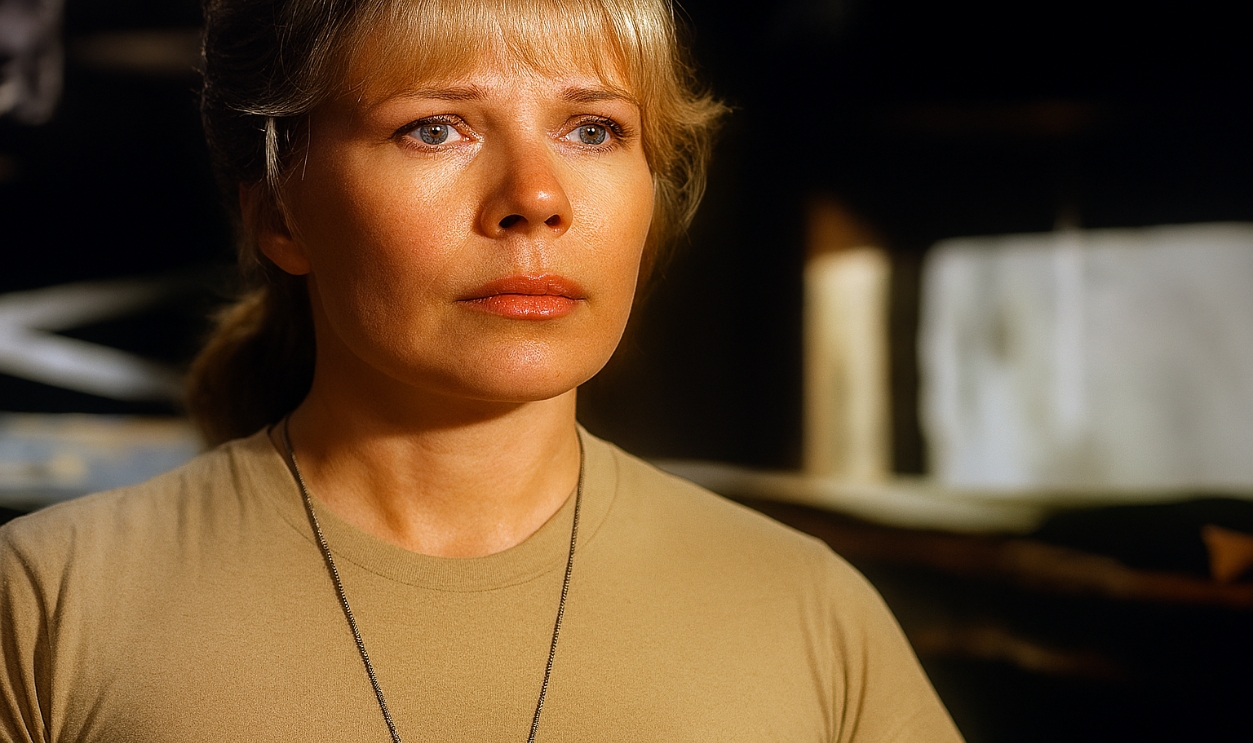 Mash- Our Finest Hour 7 by Alexis Ray
Mash- Our Finest Hour 7 by Alexis Ray

